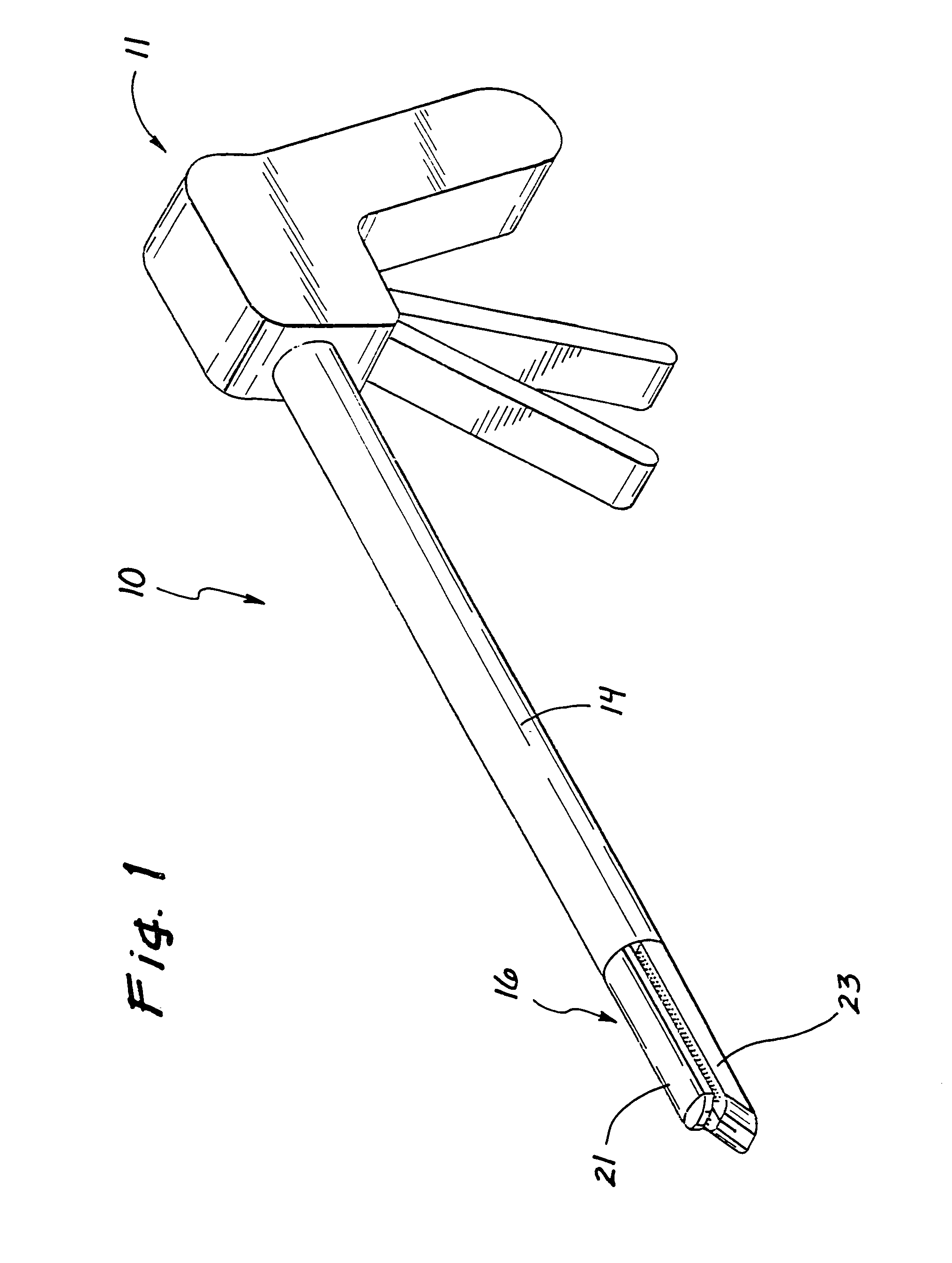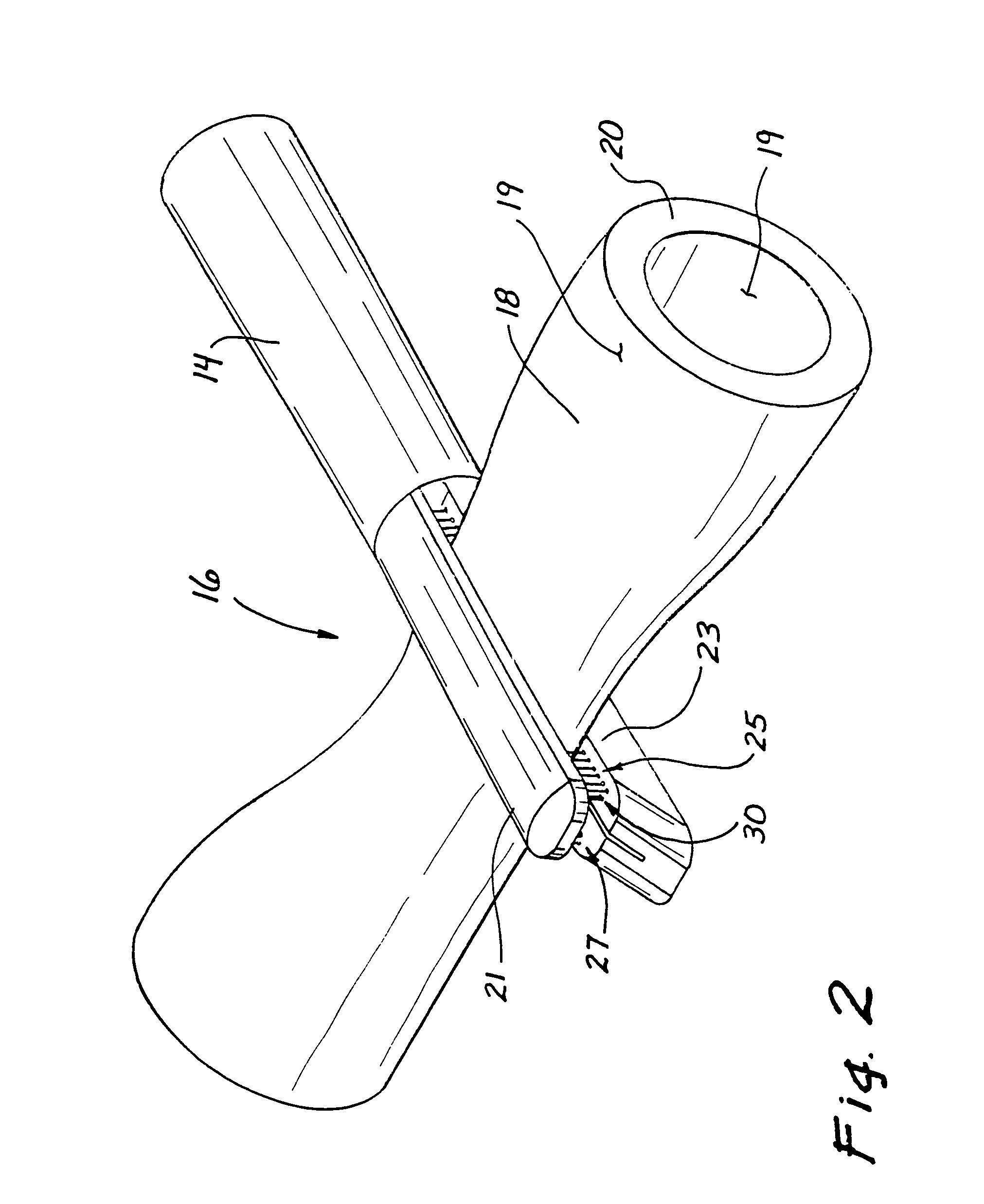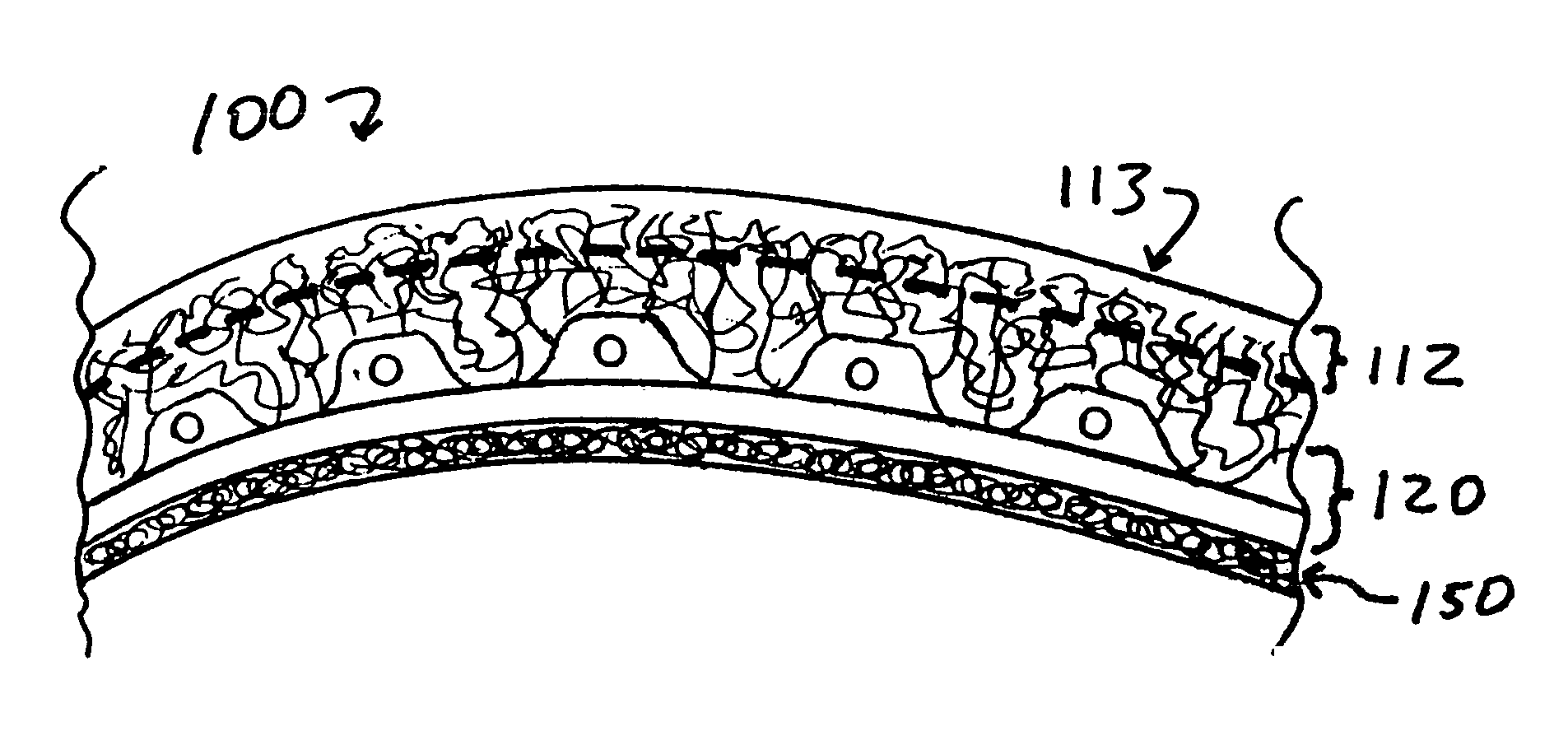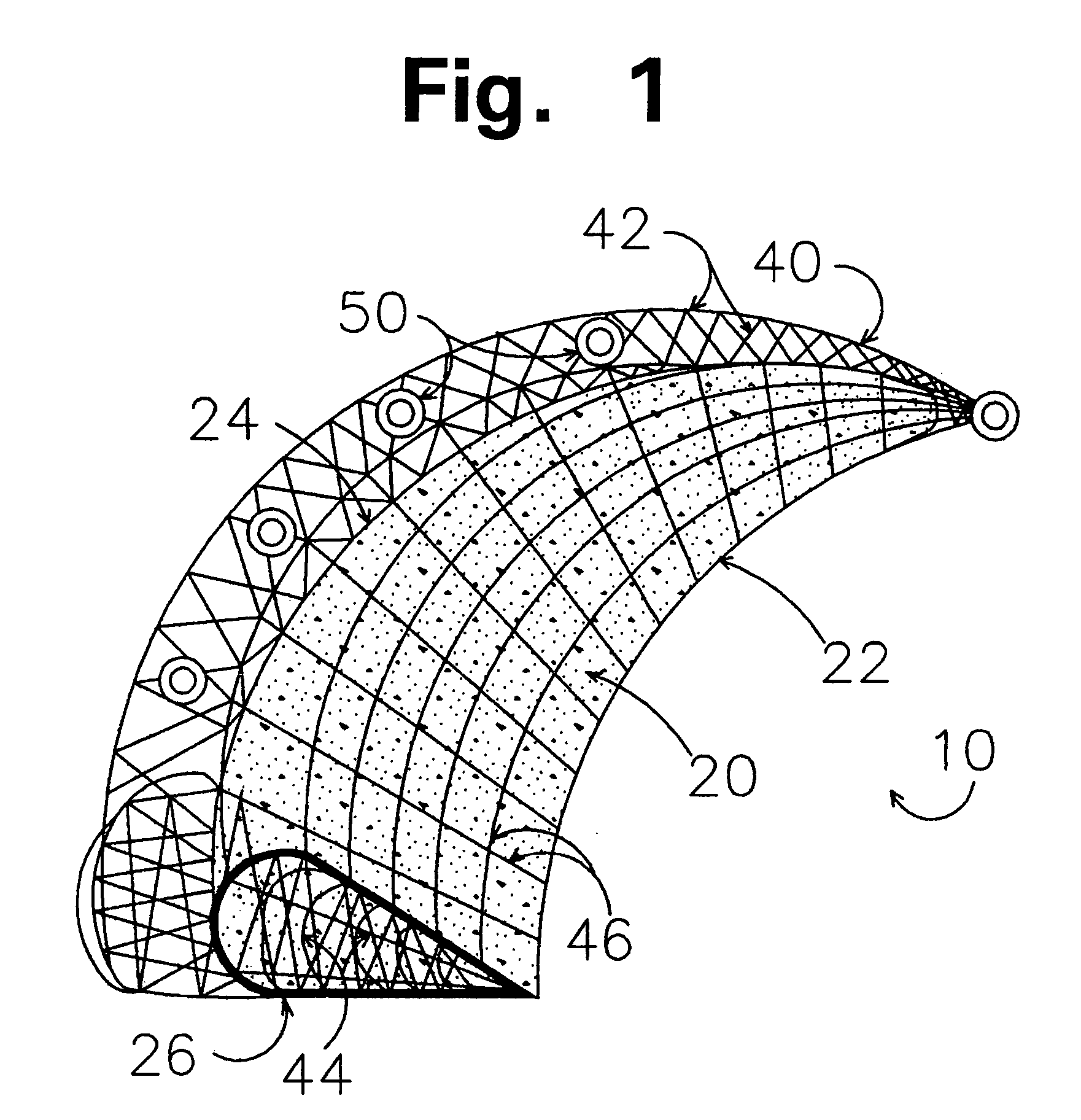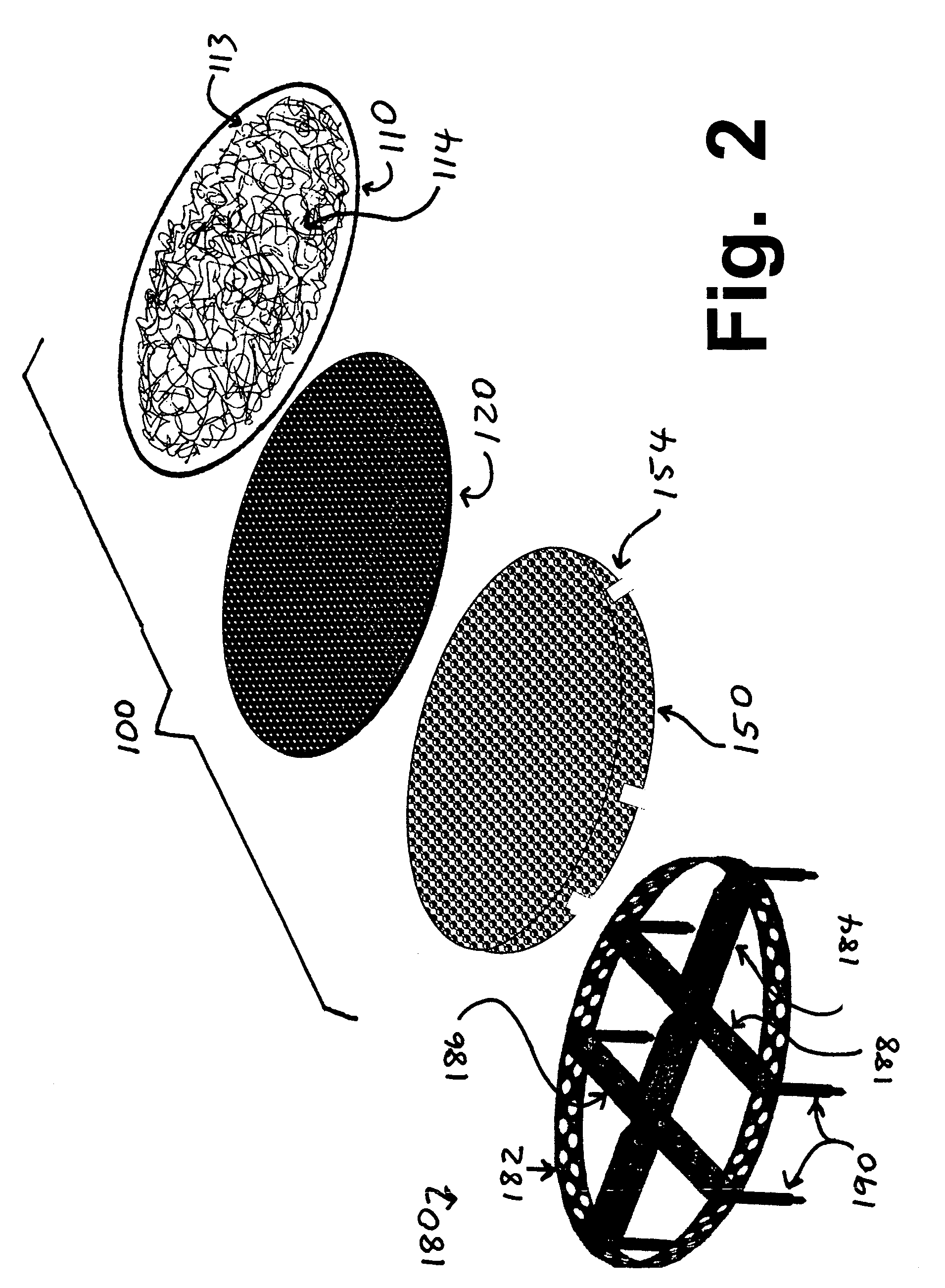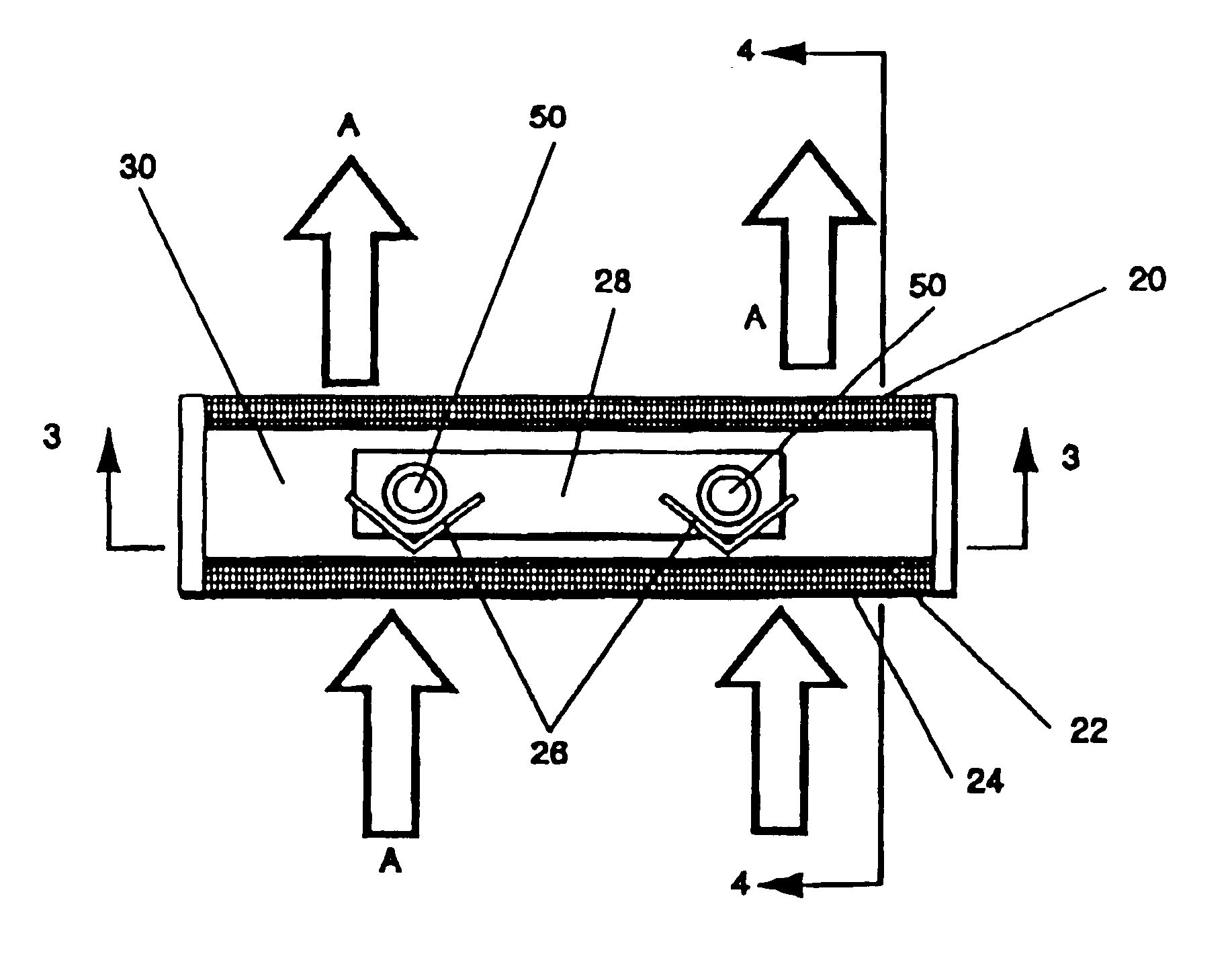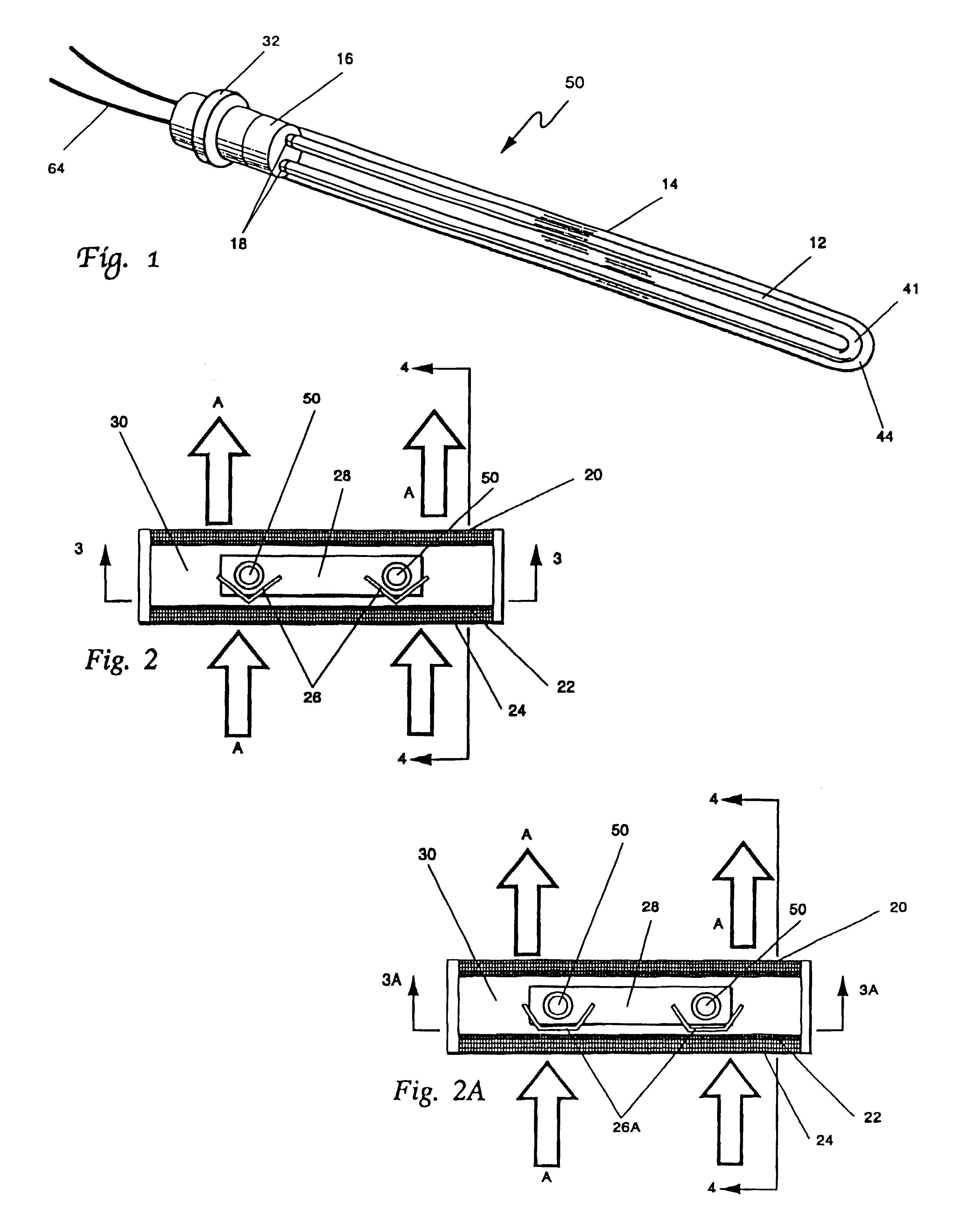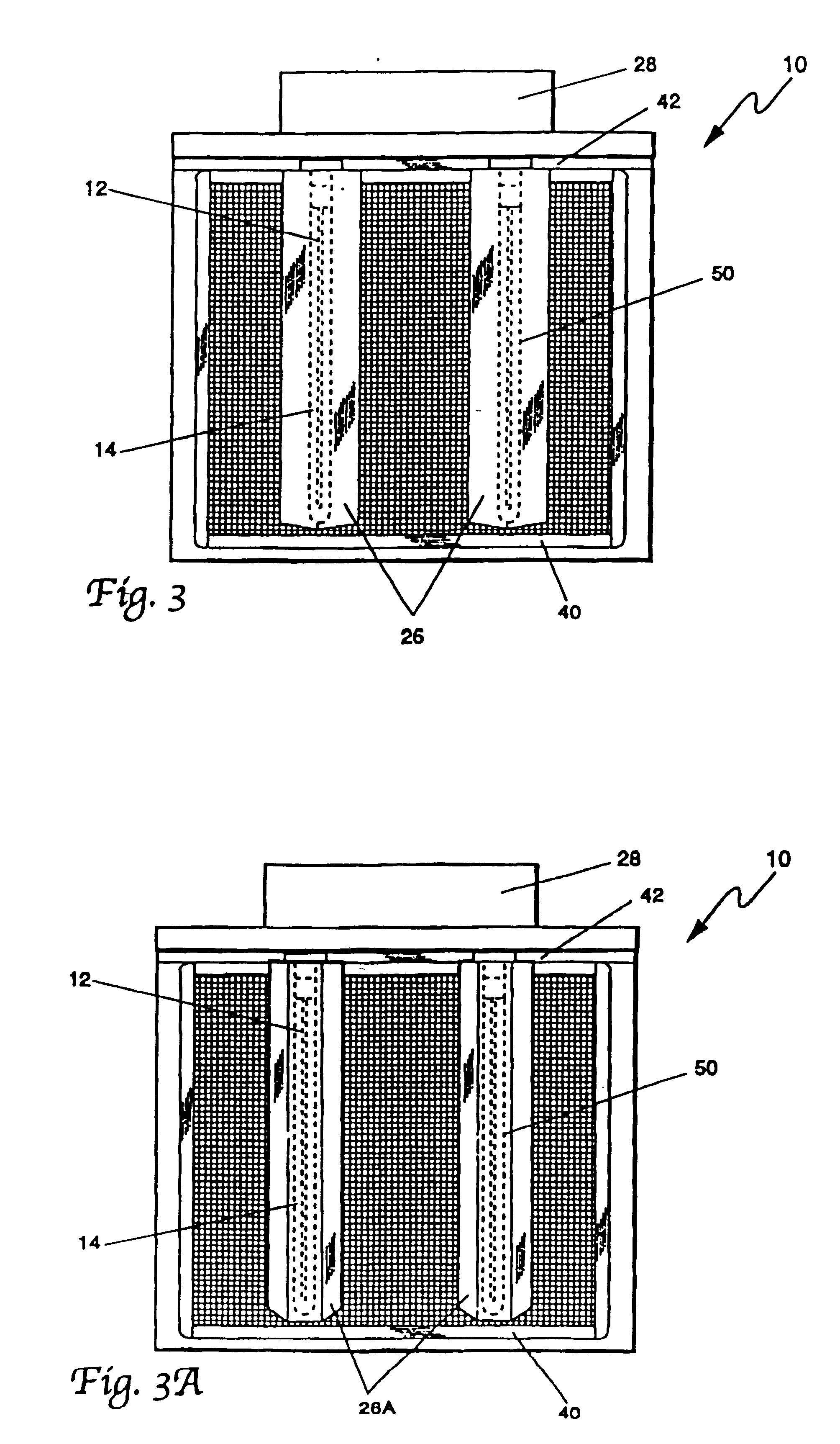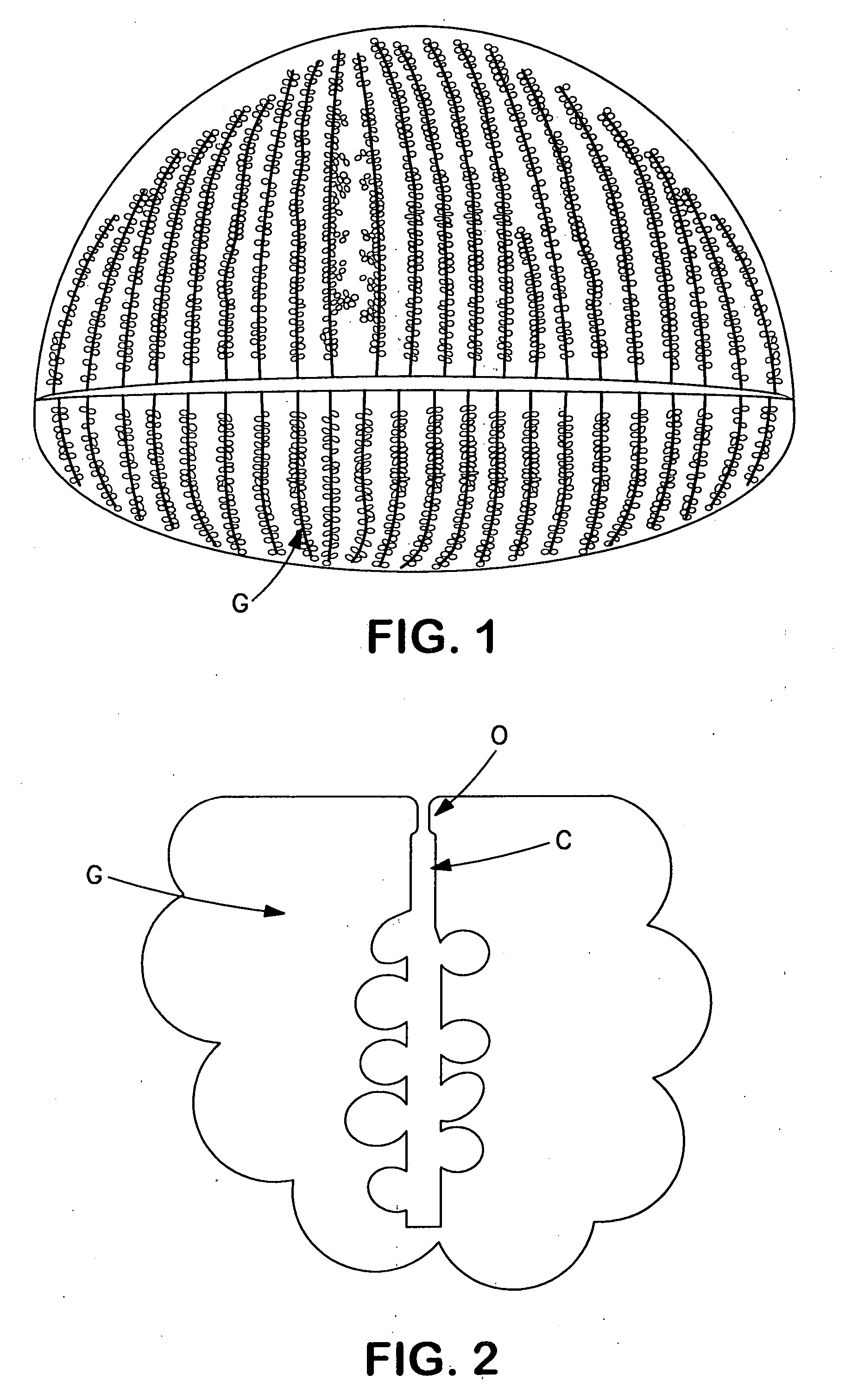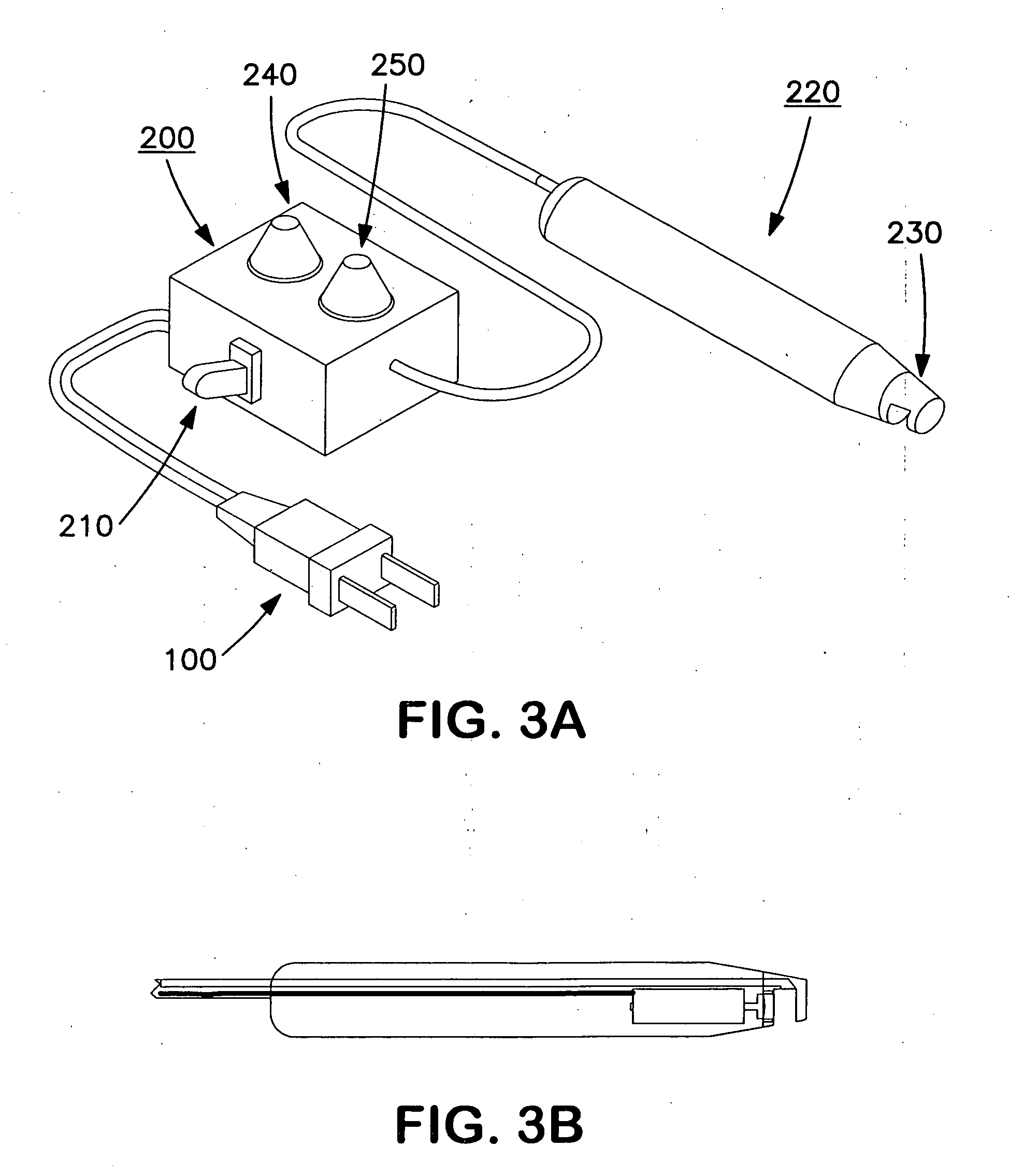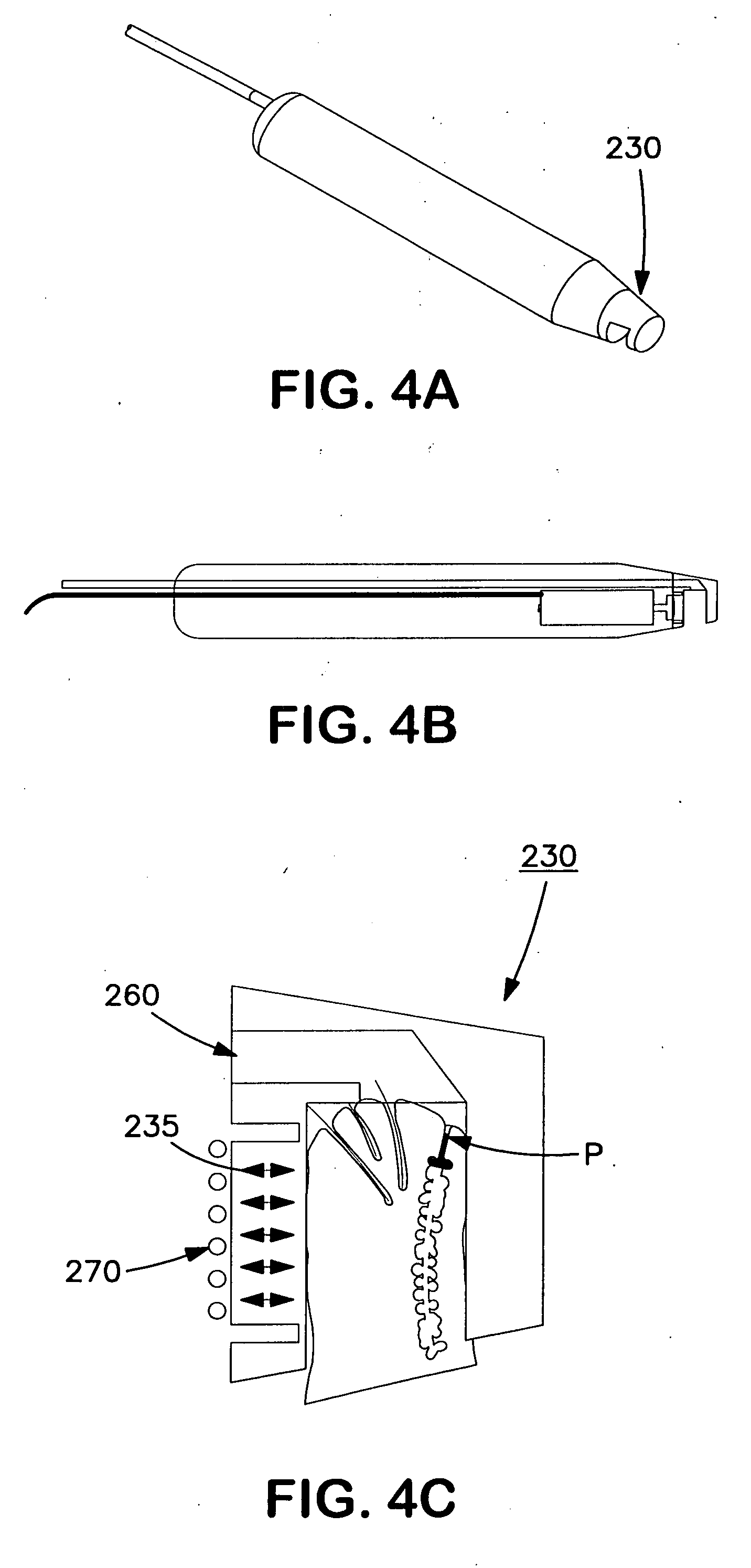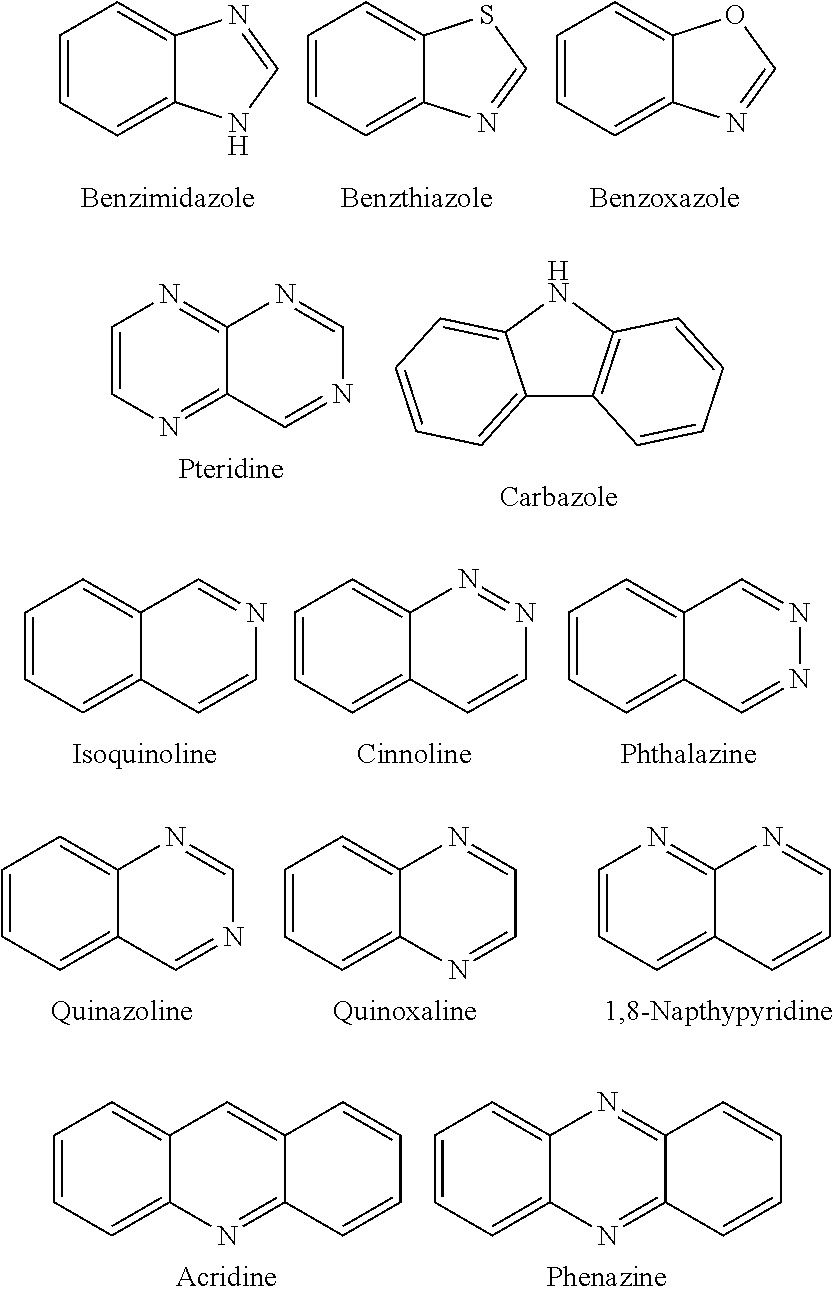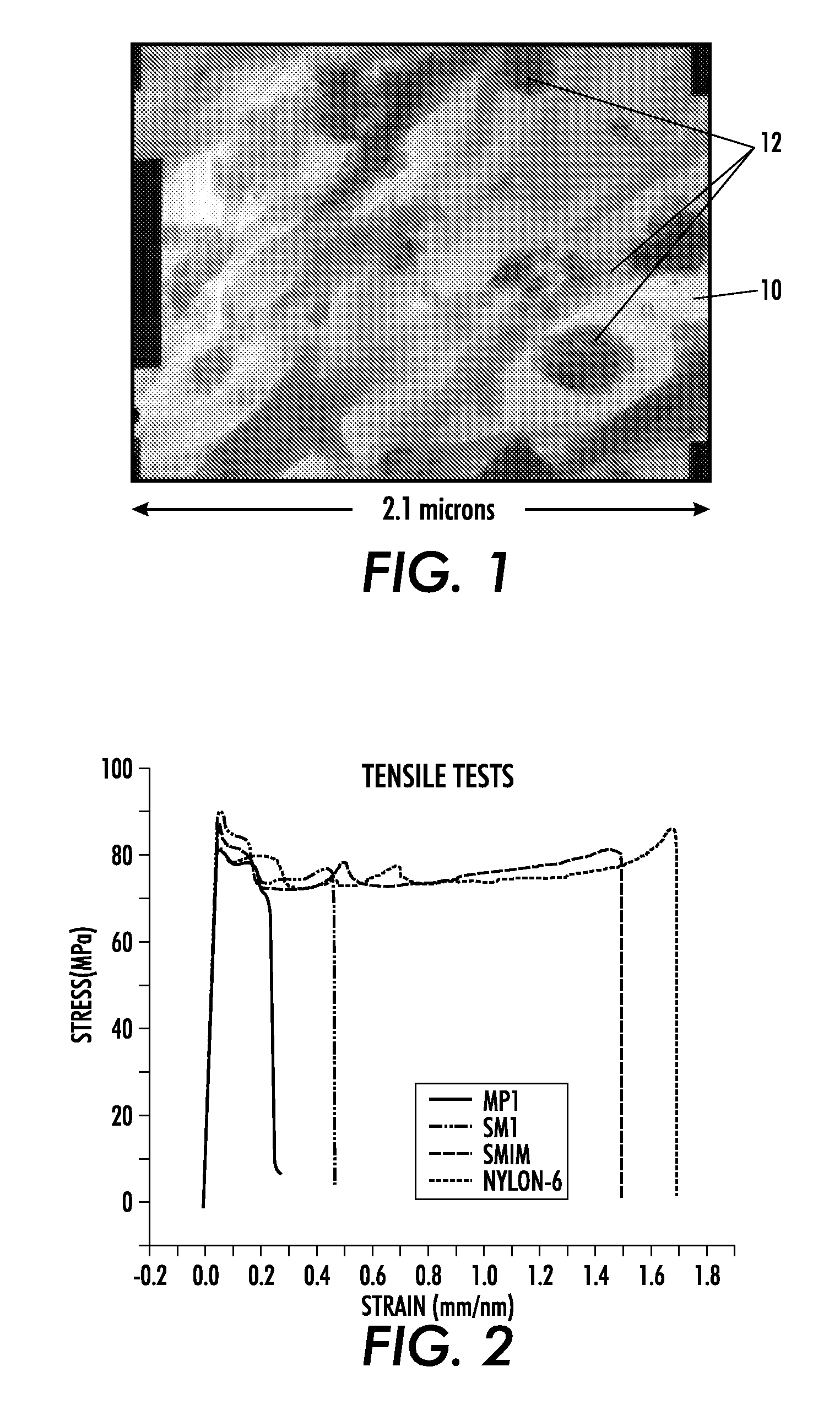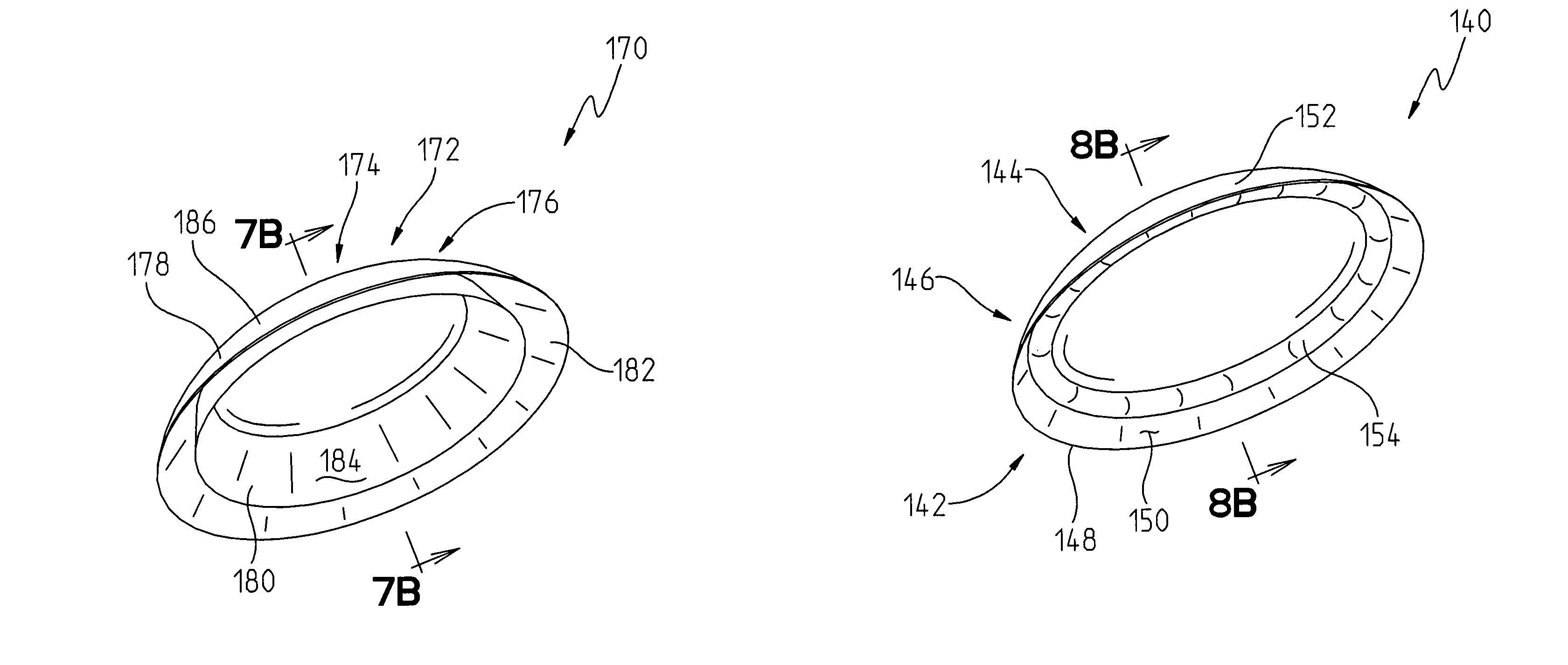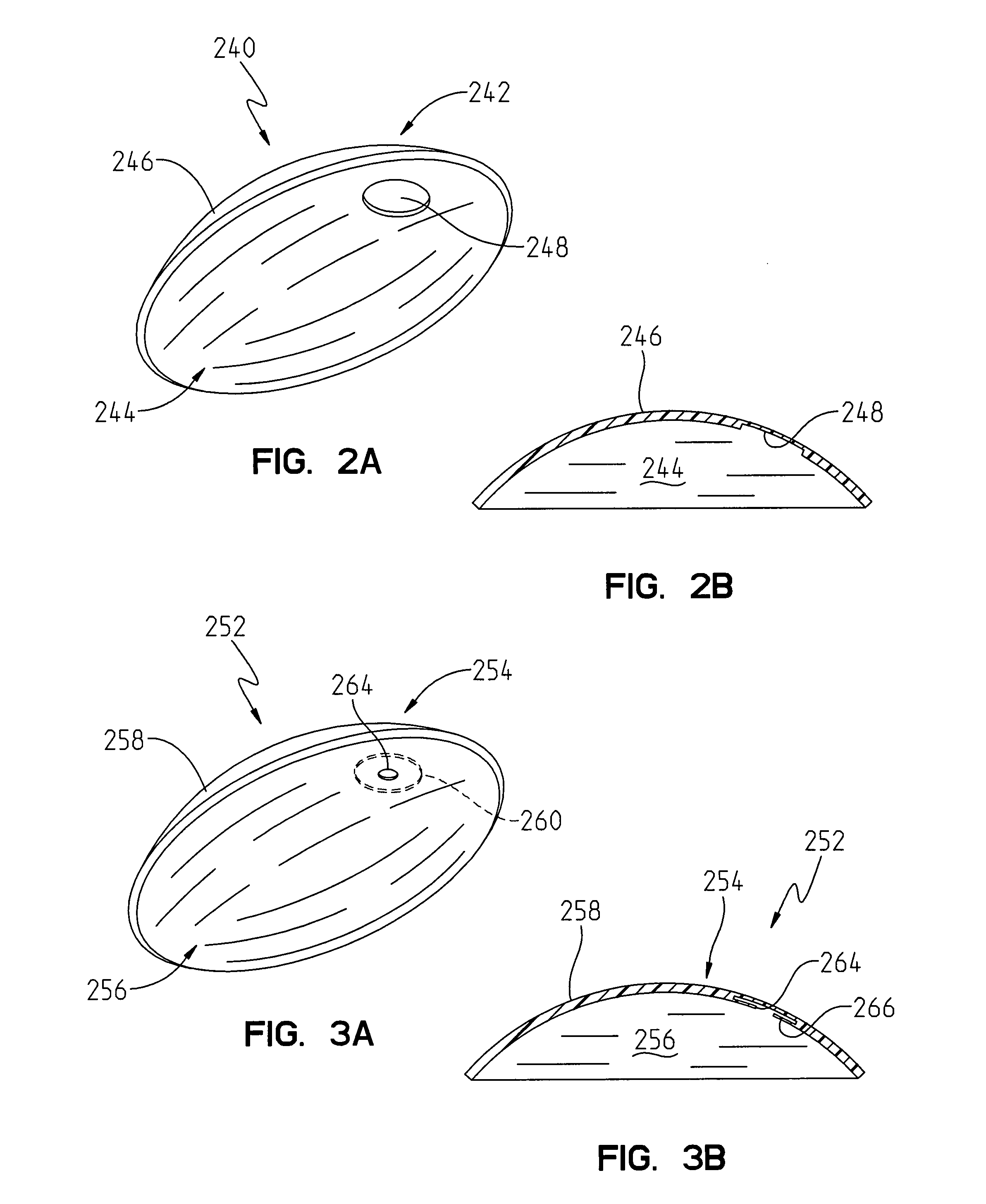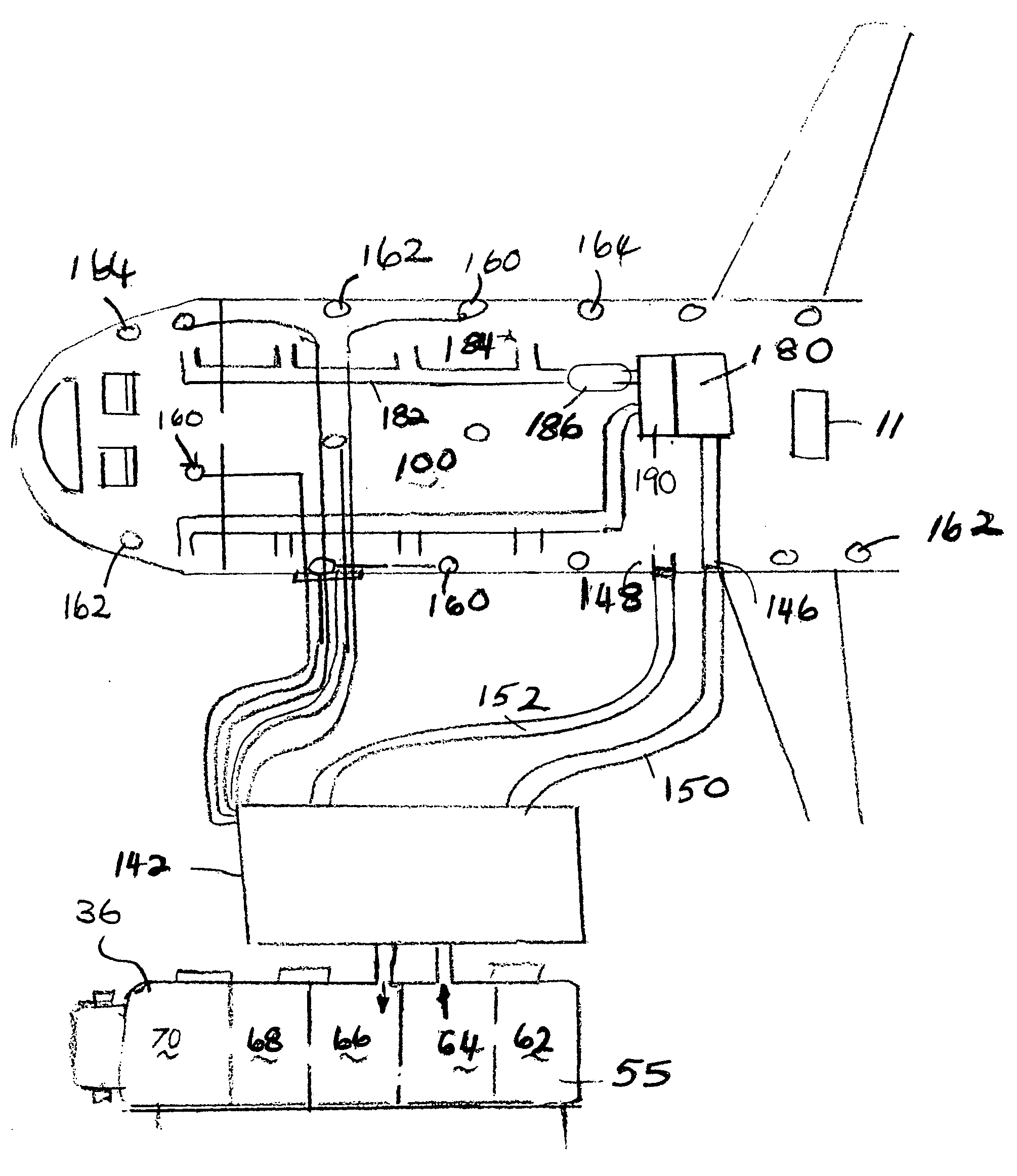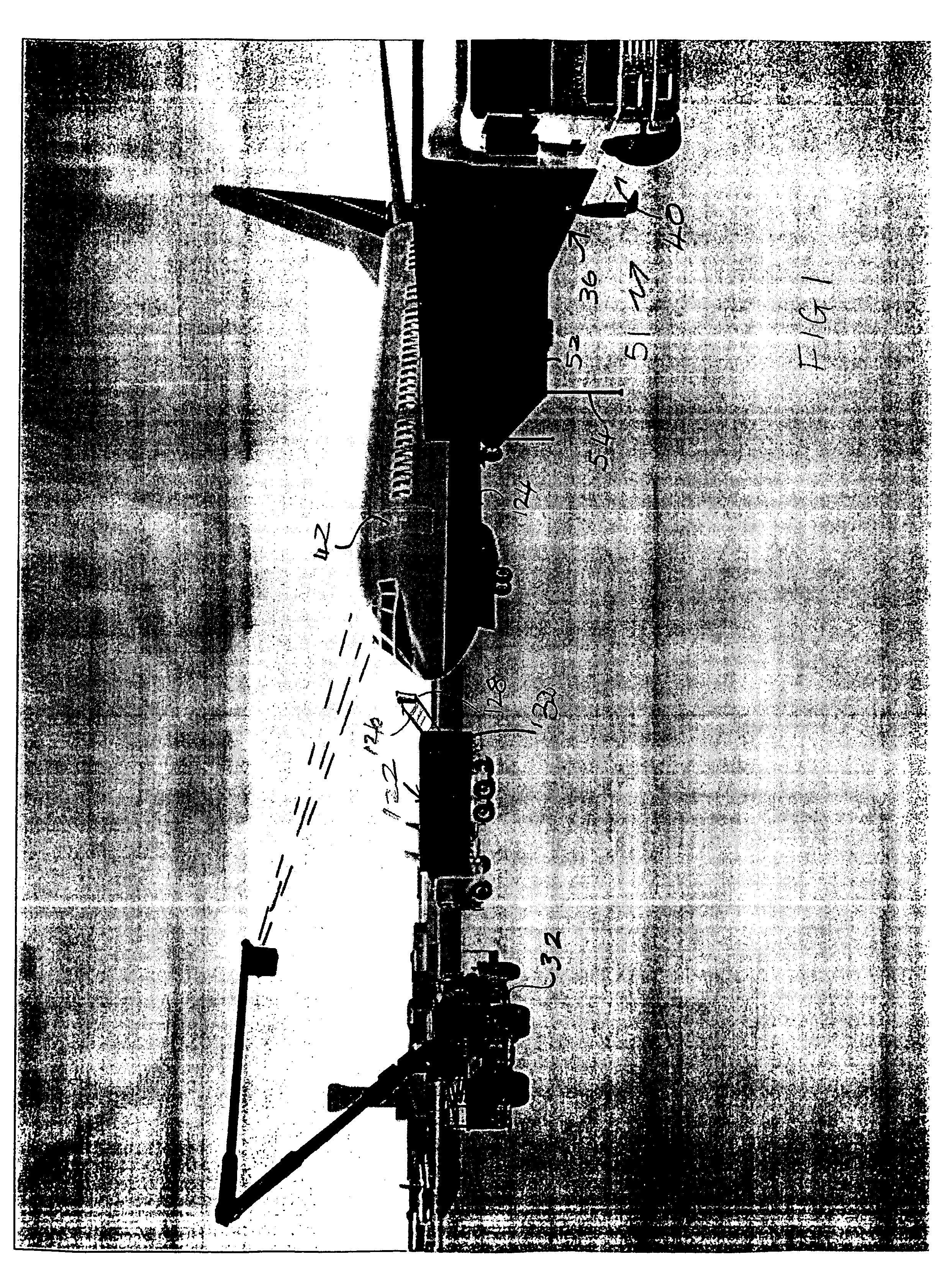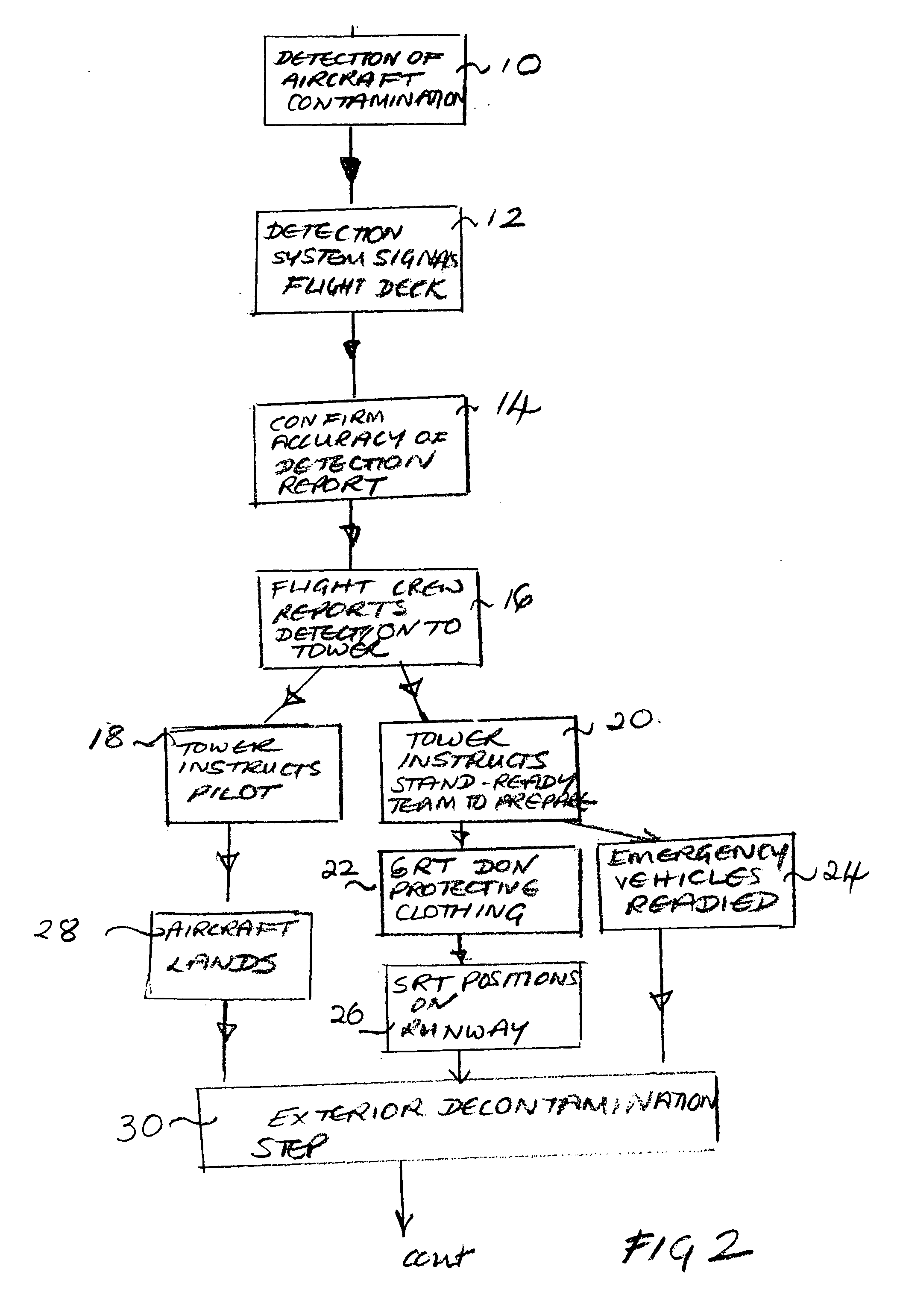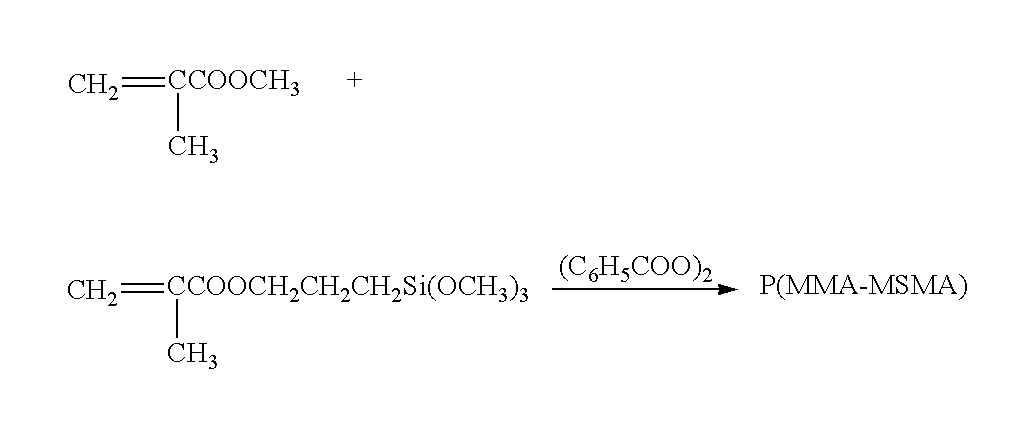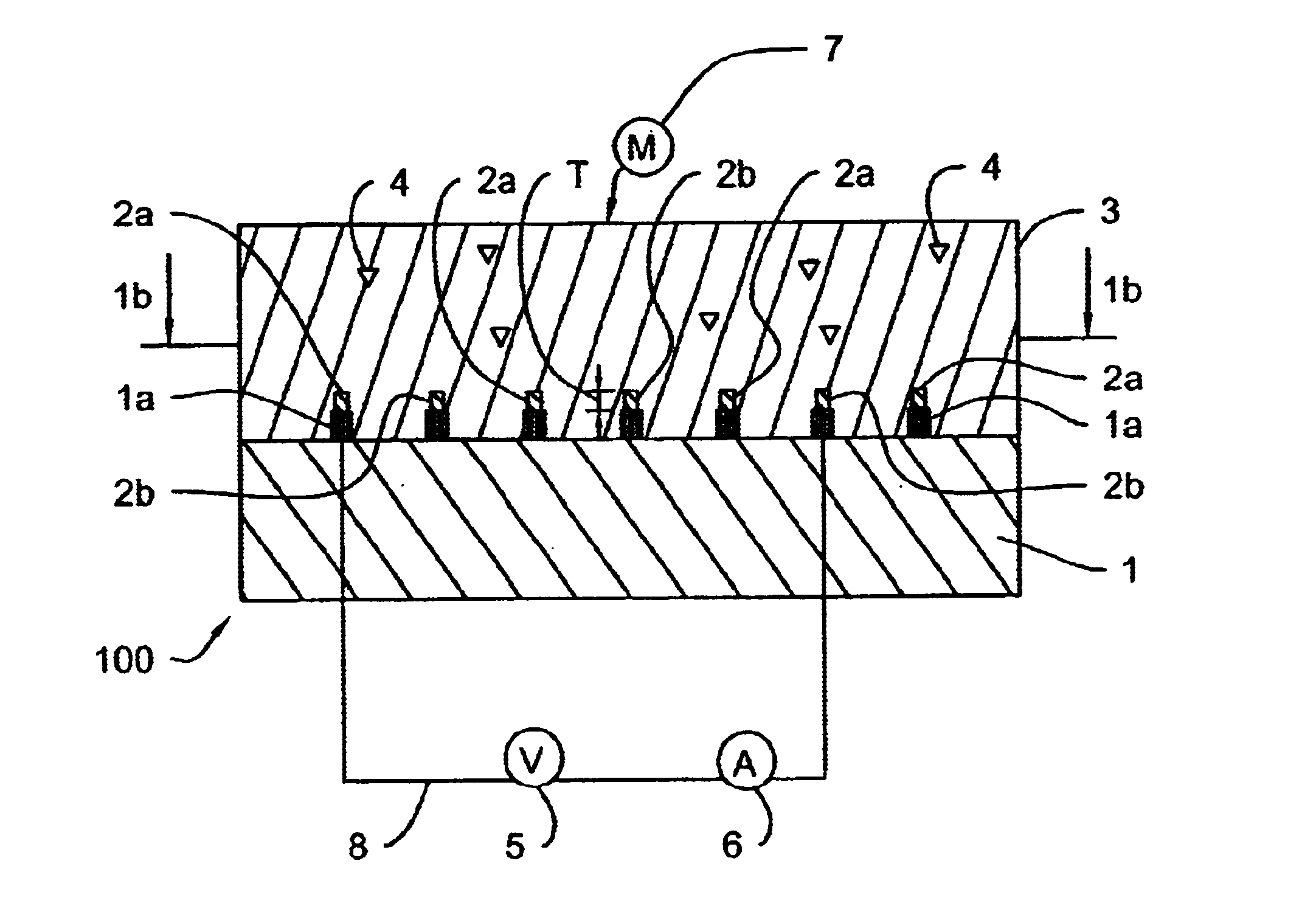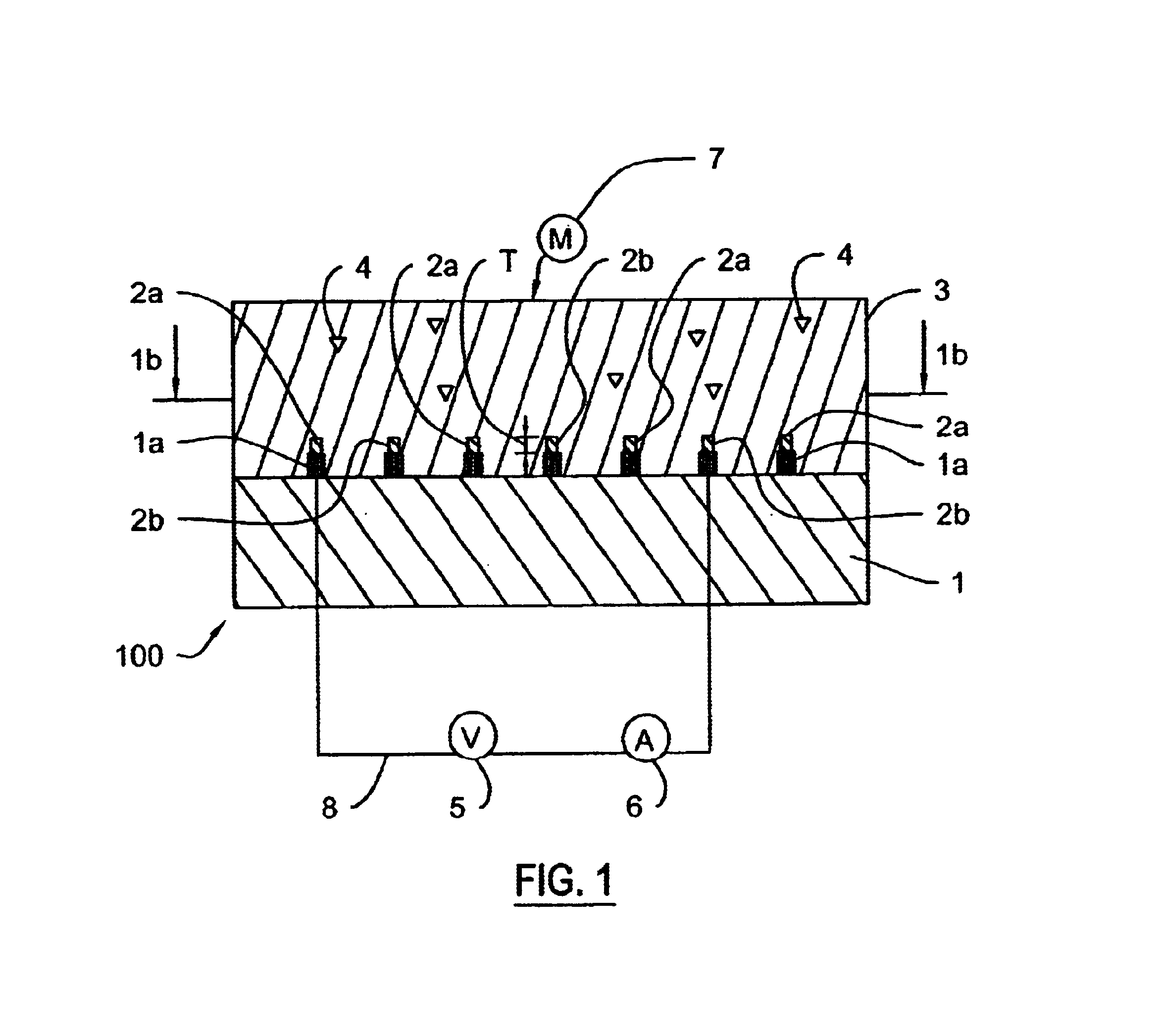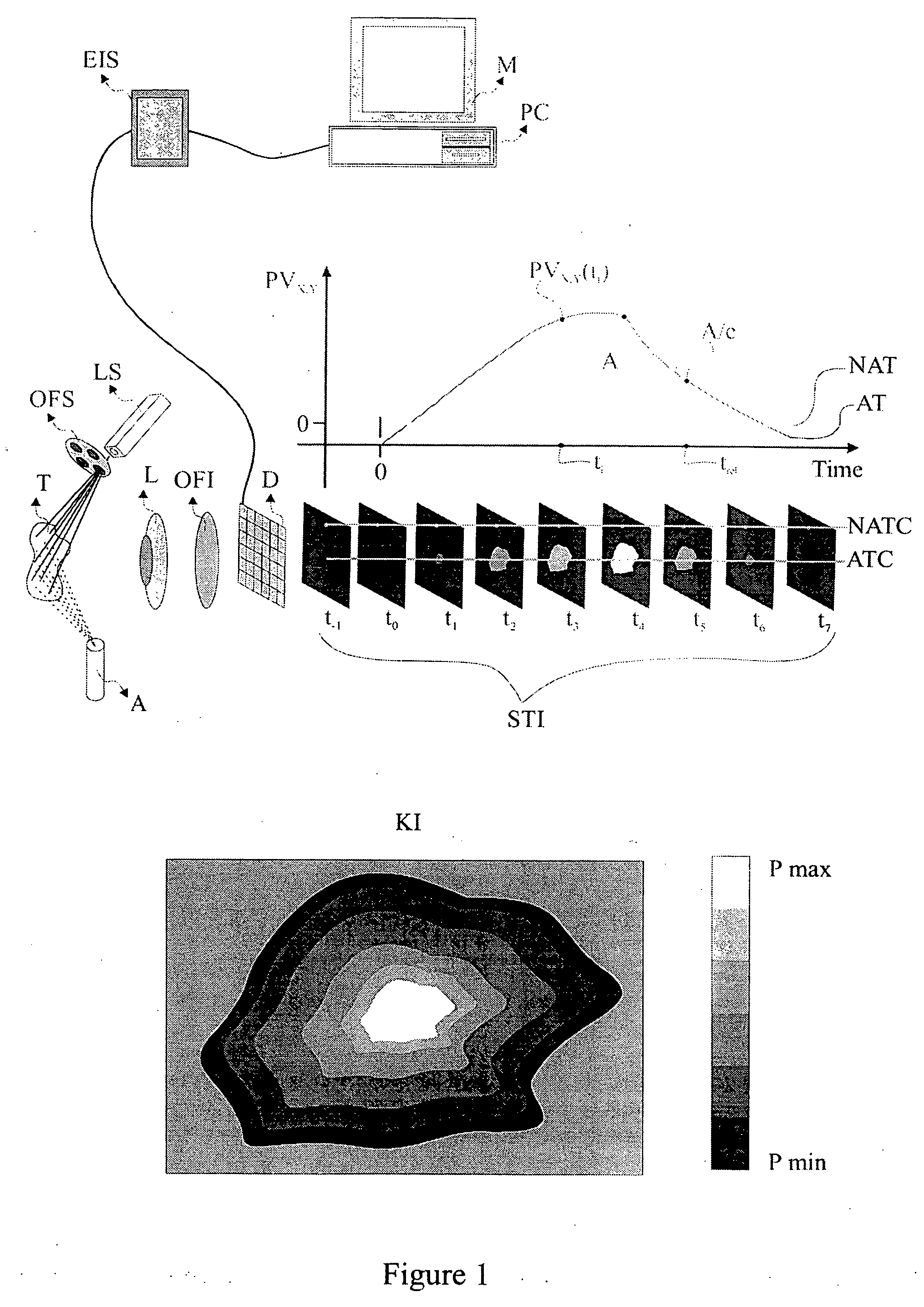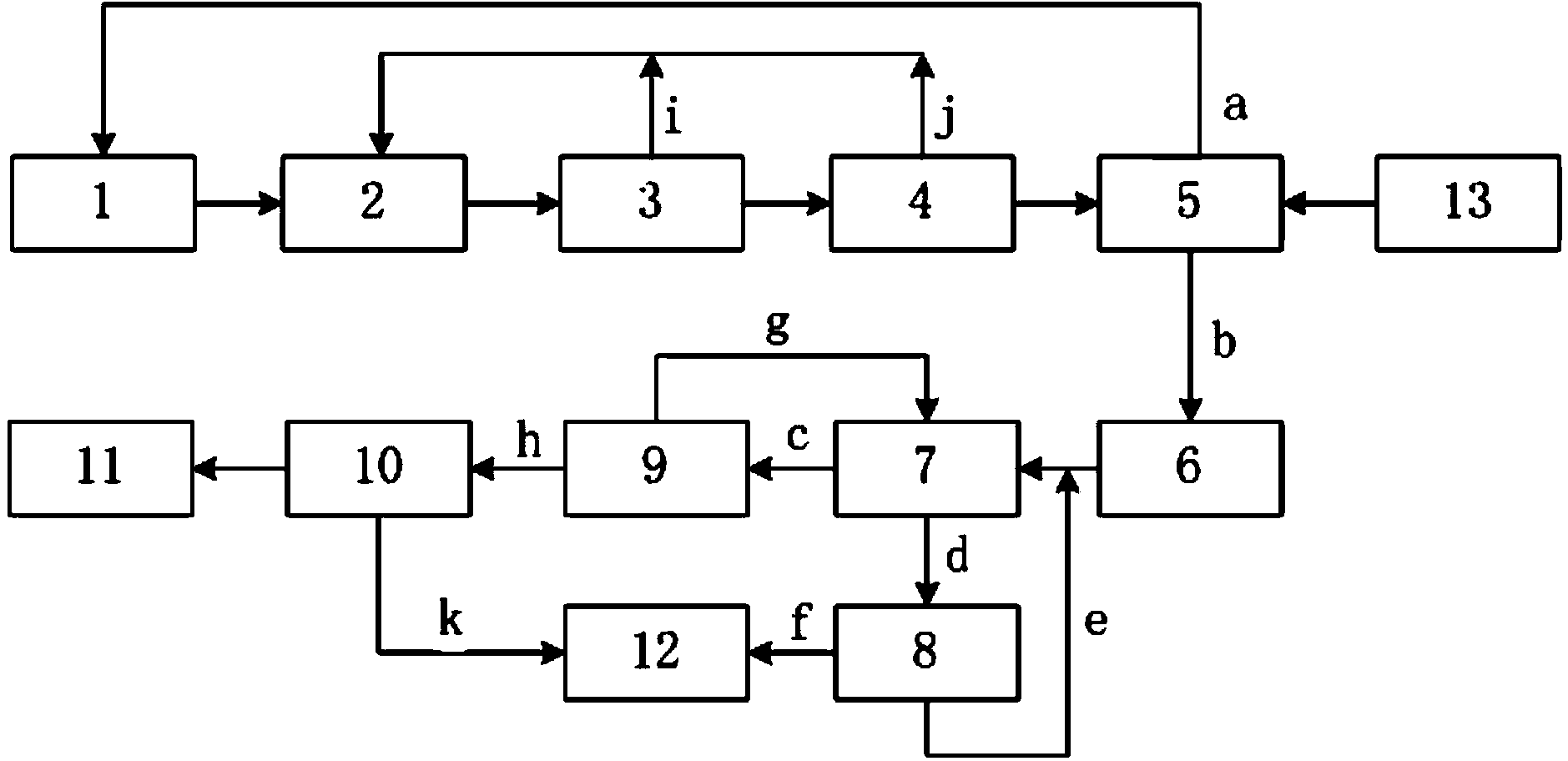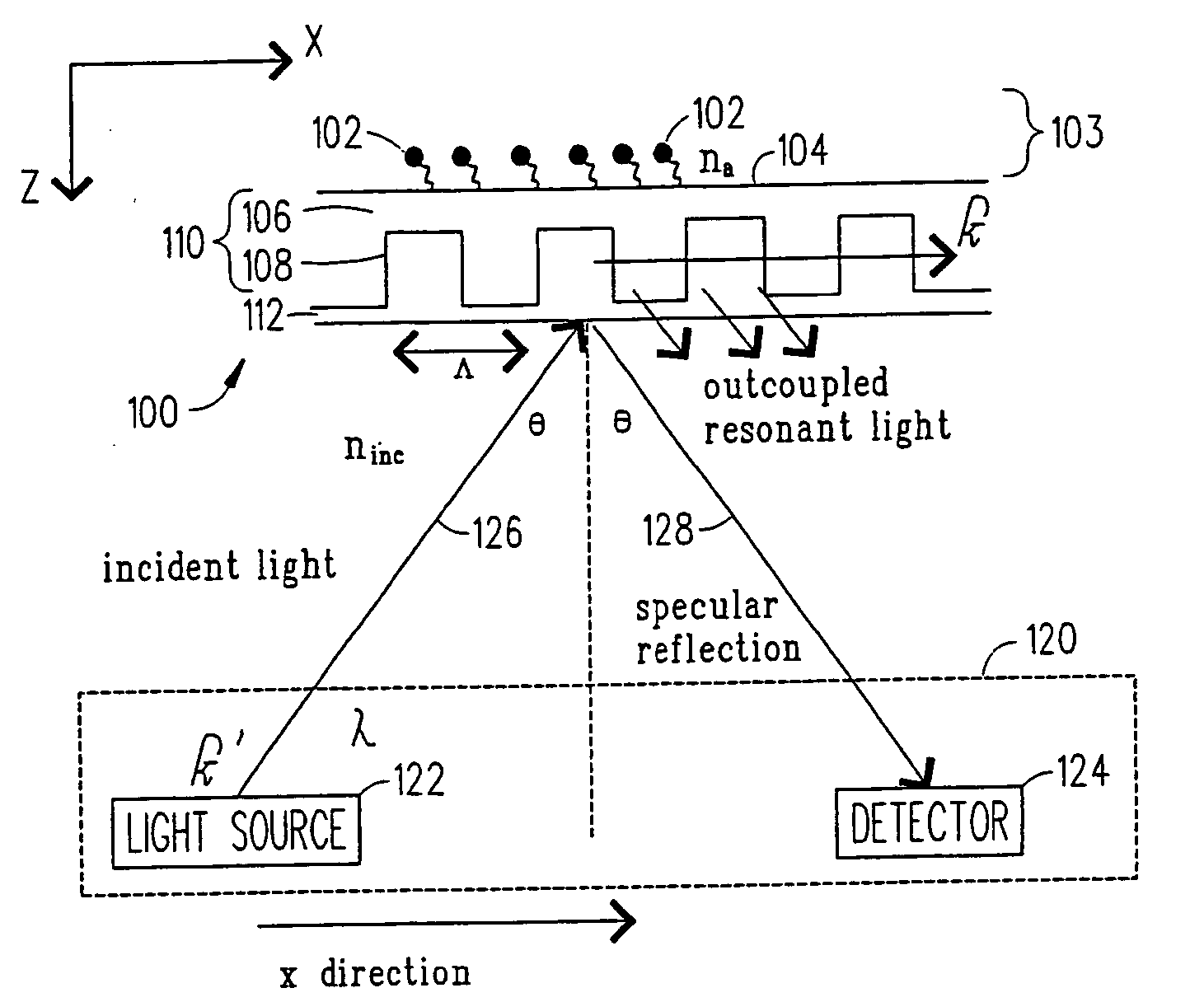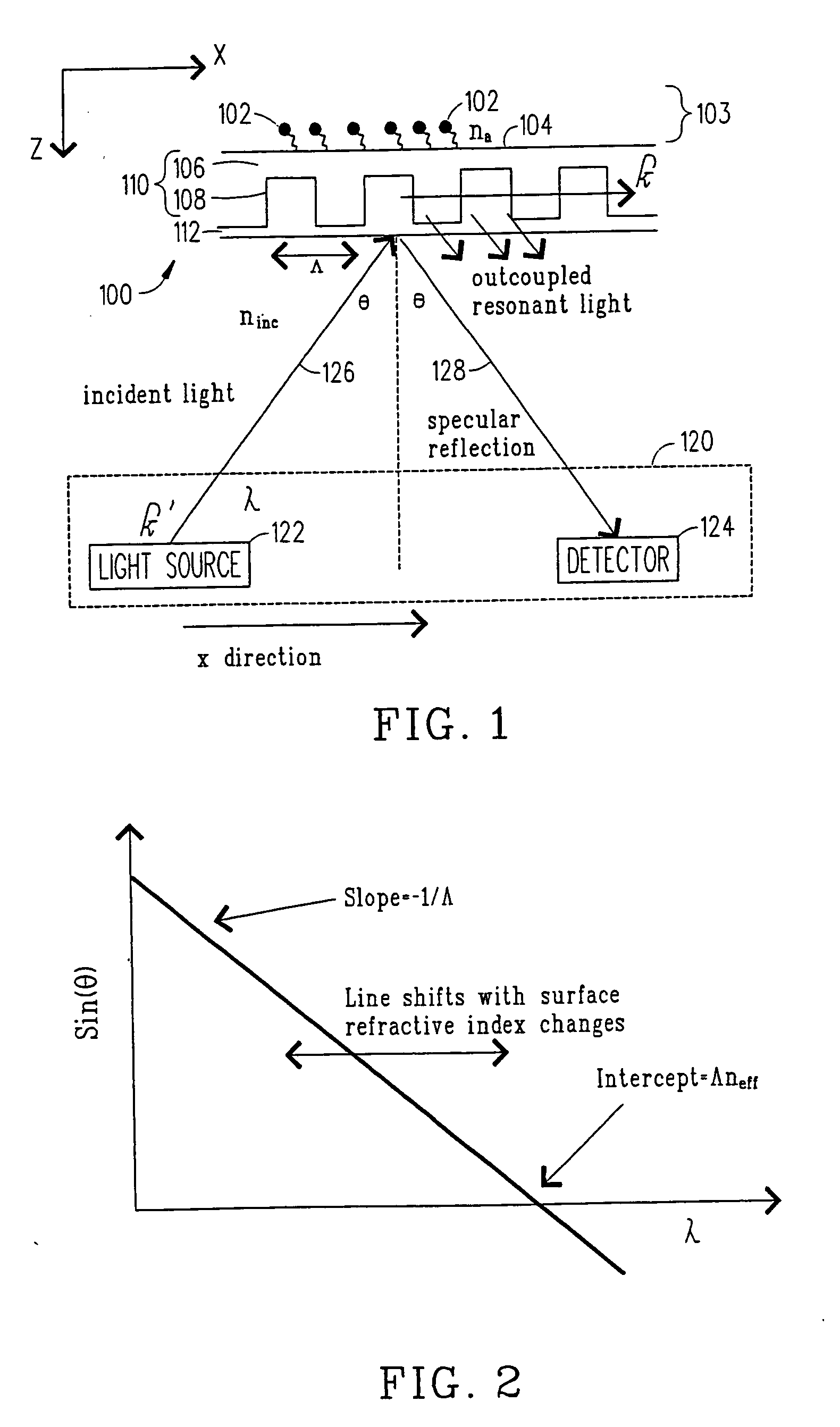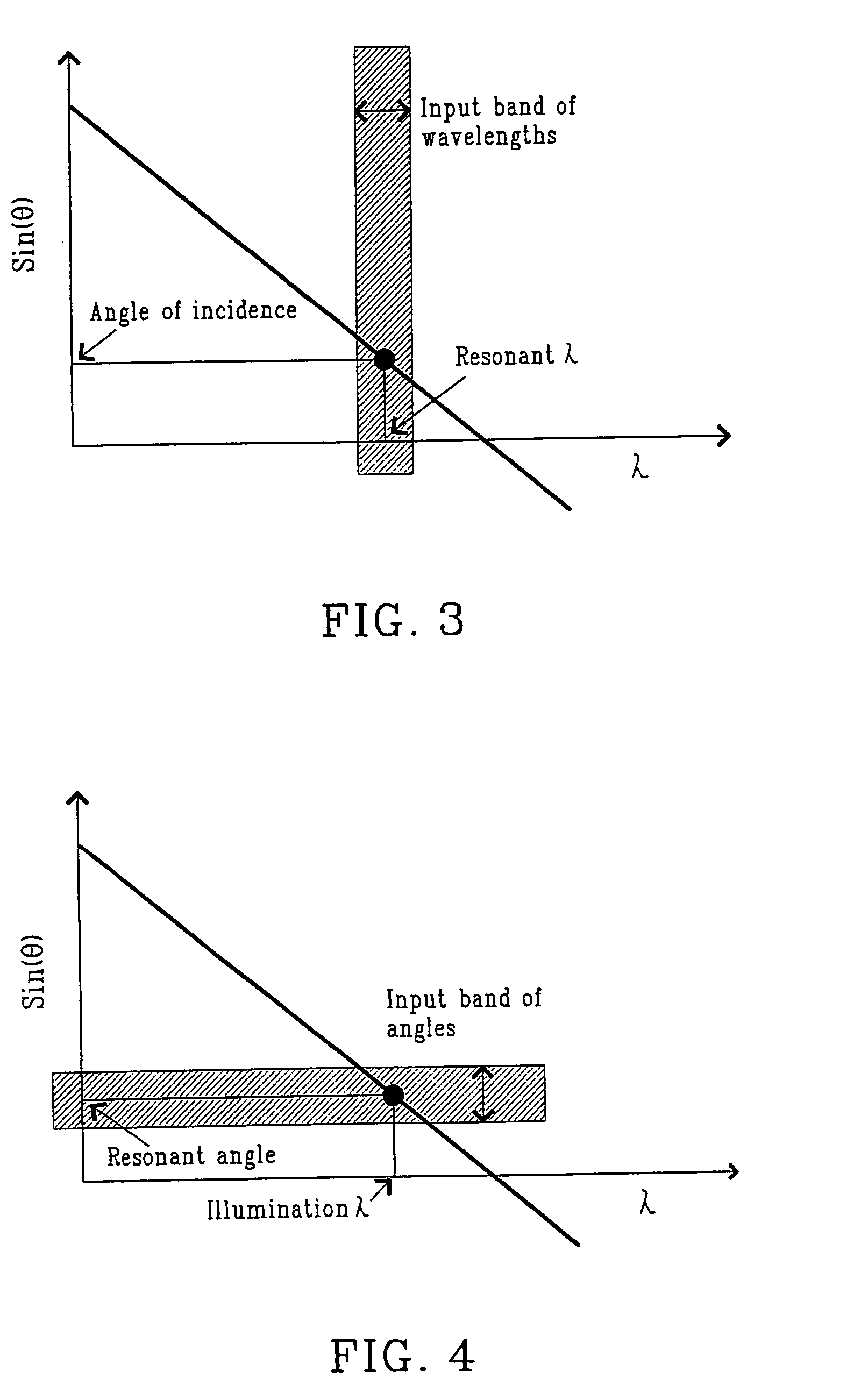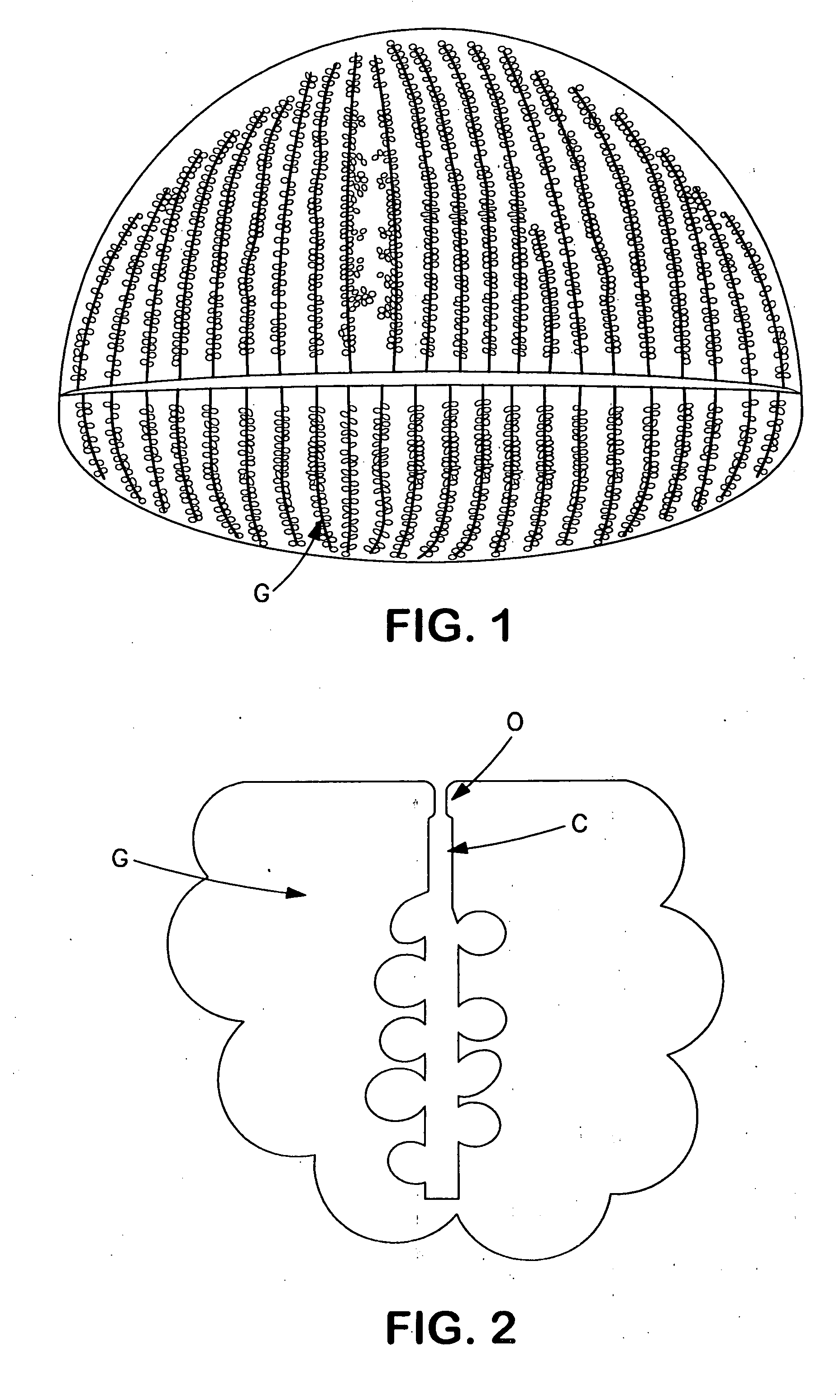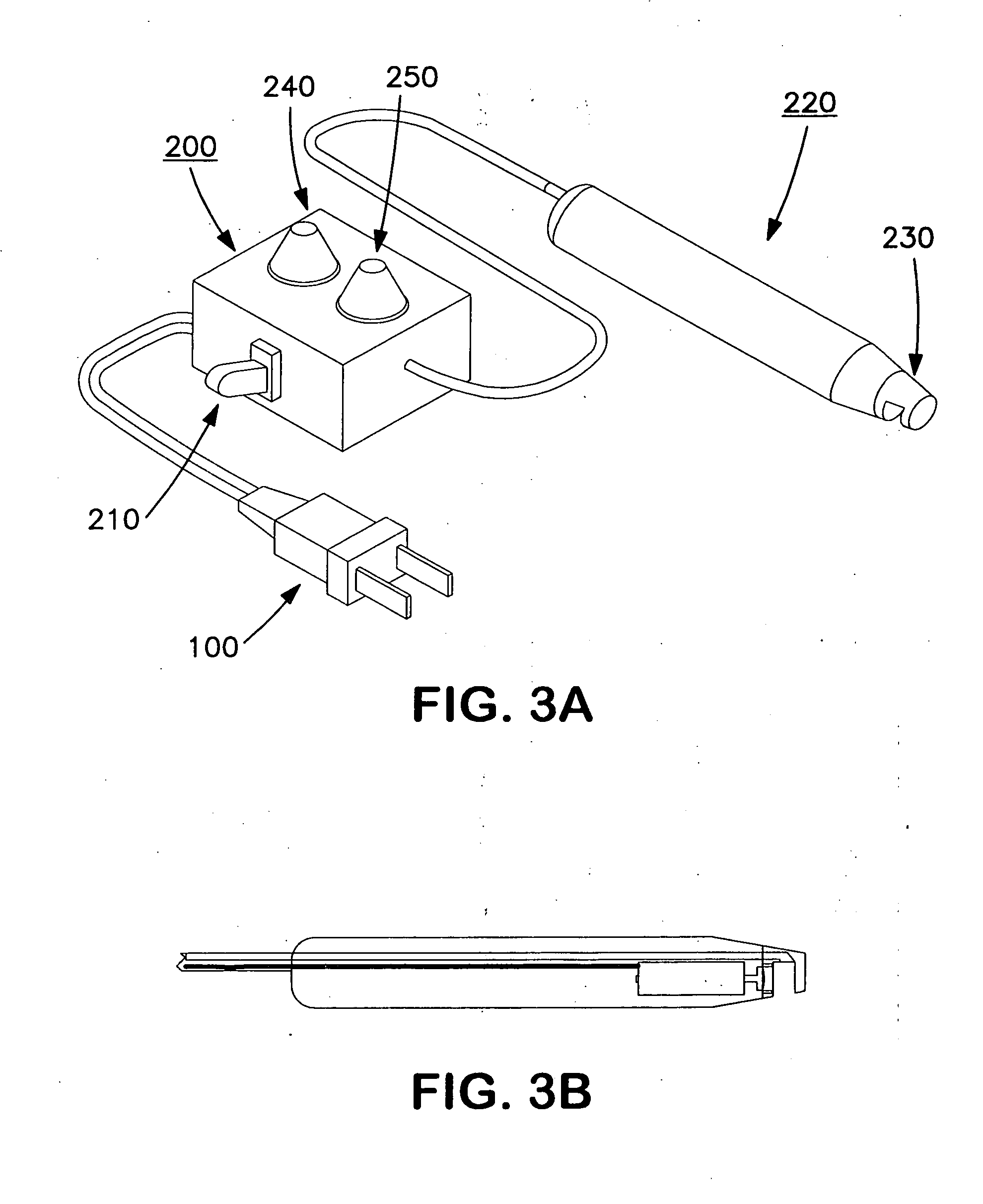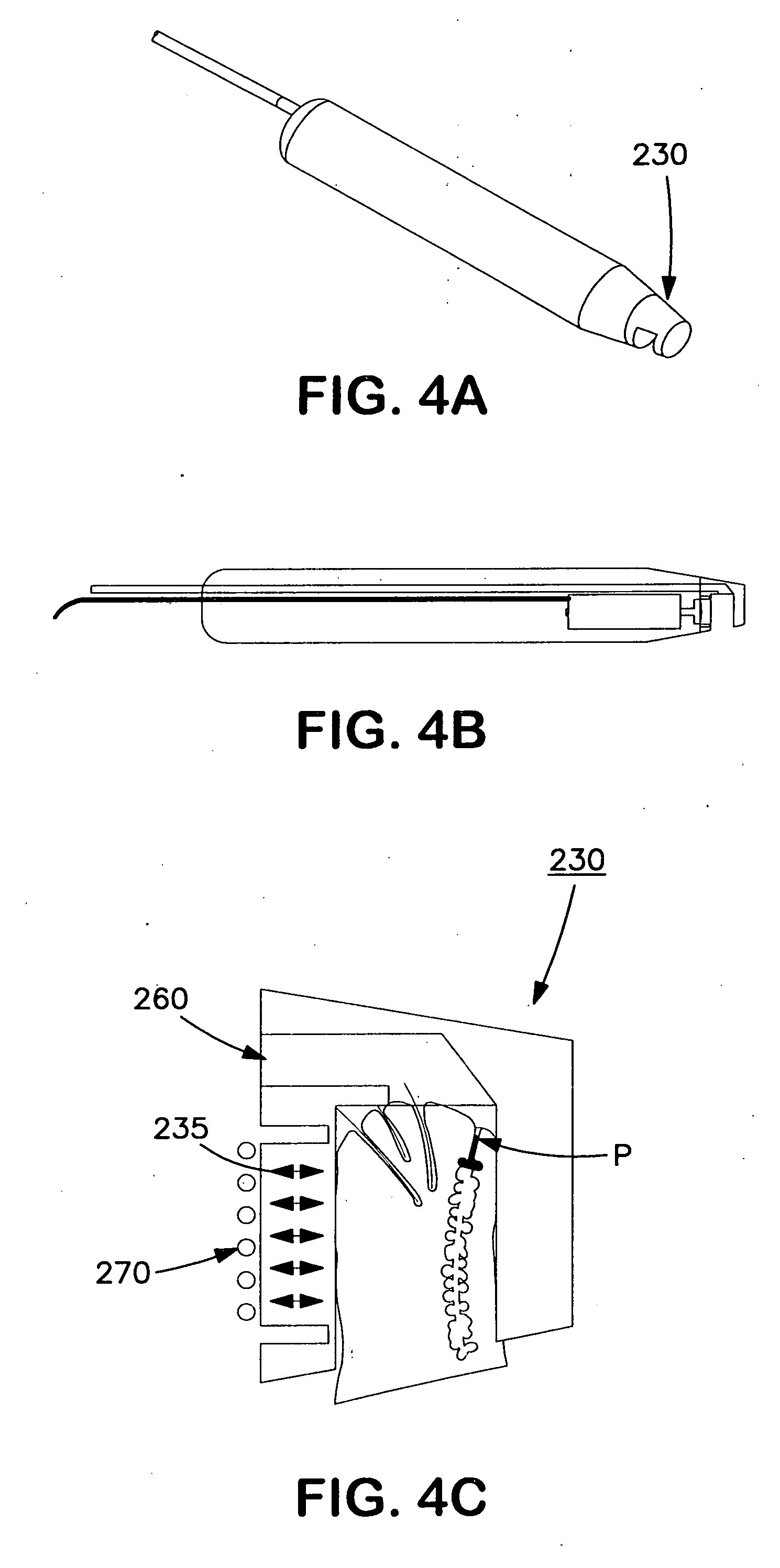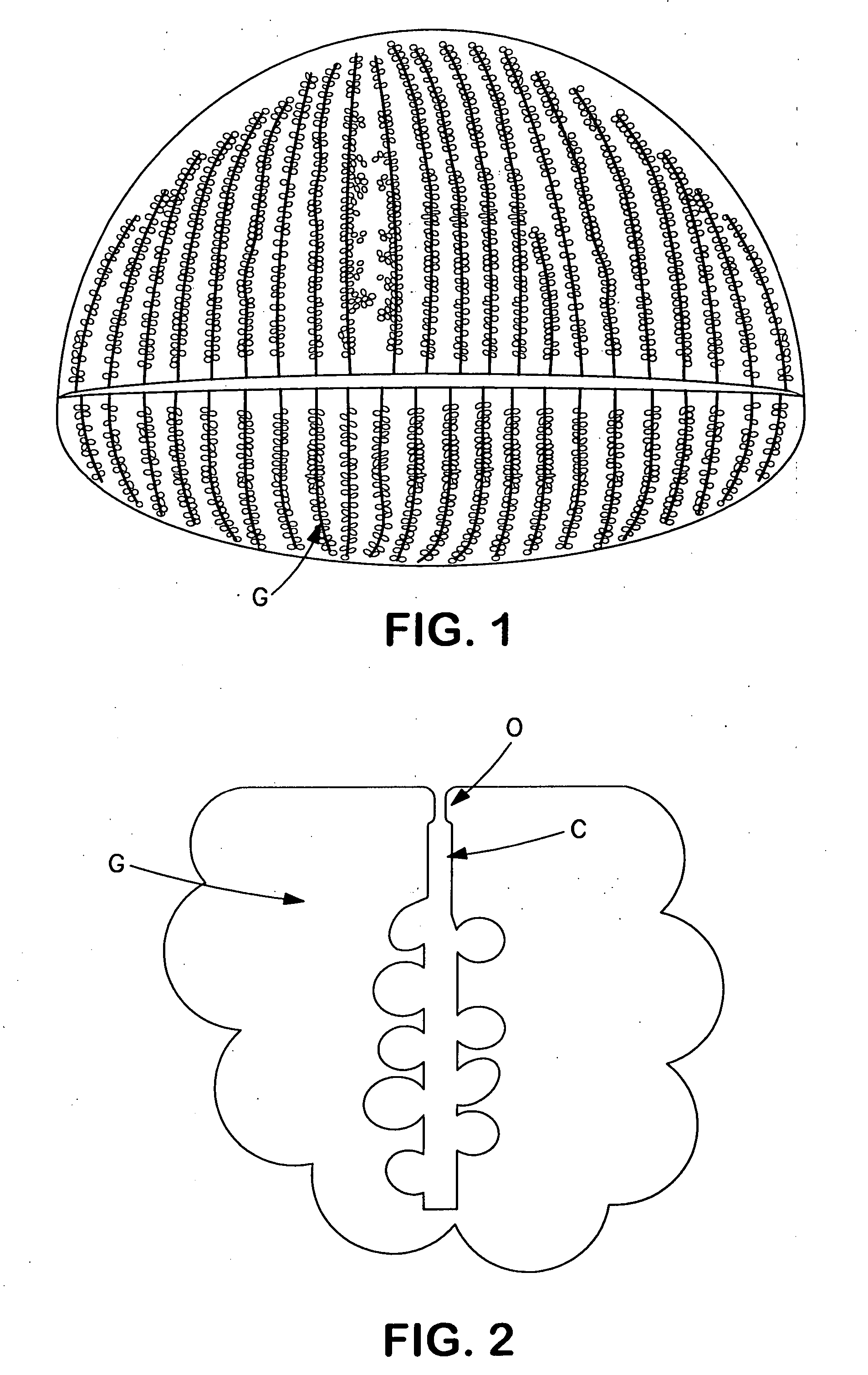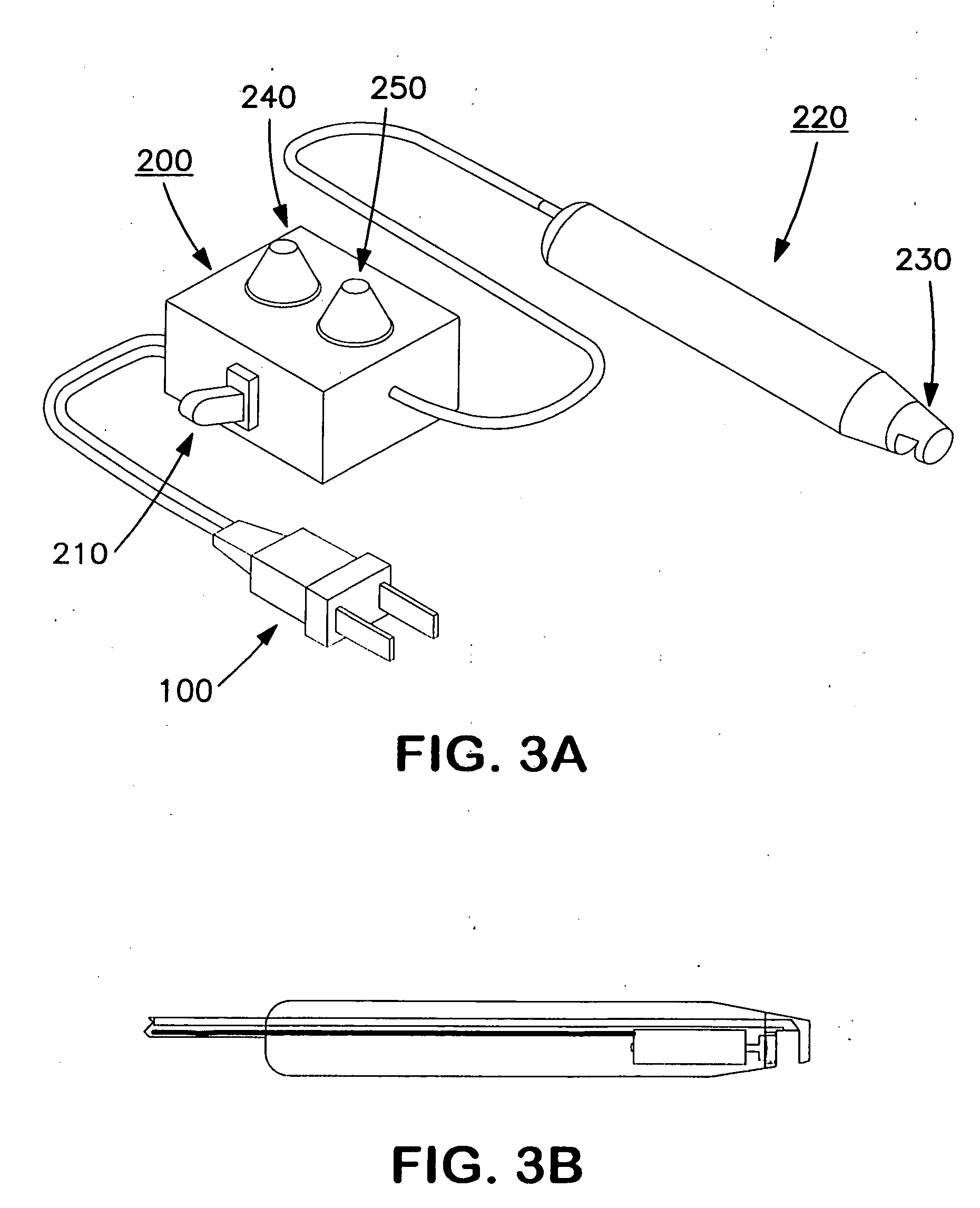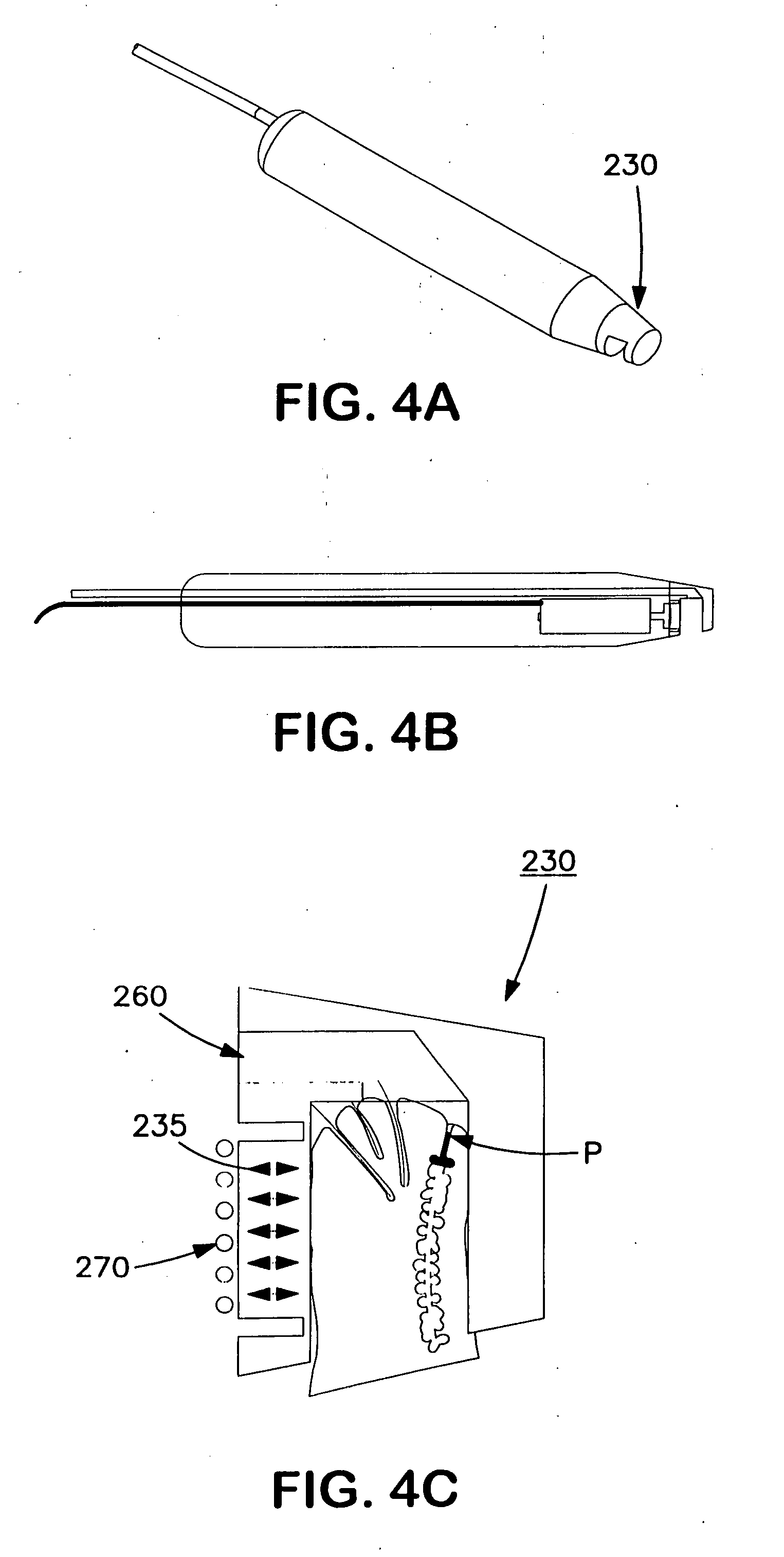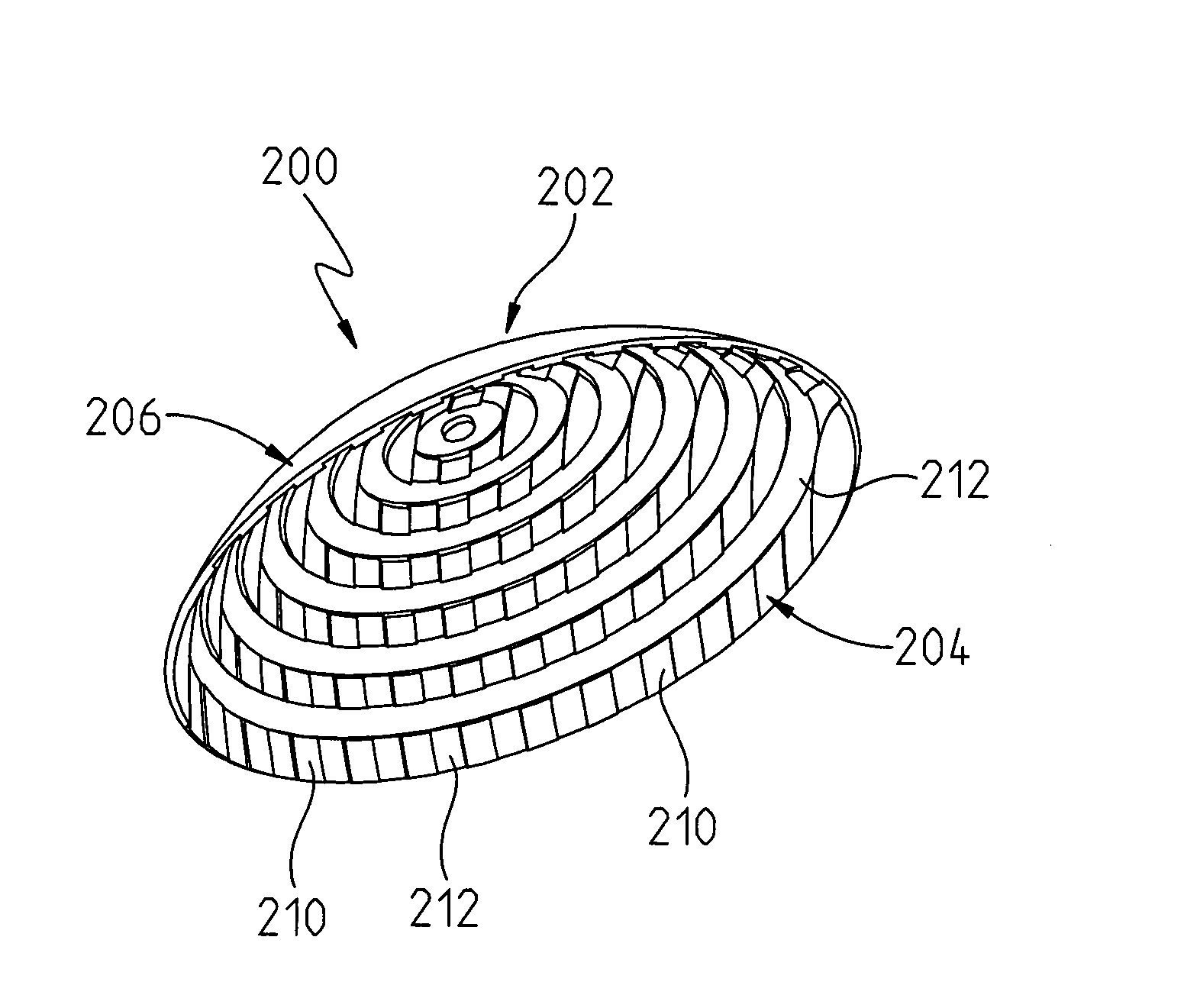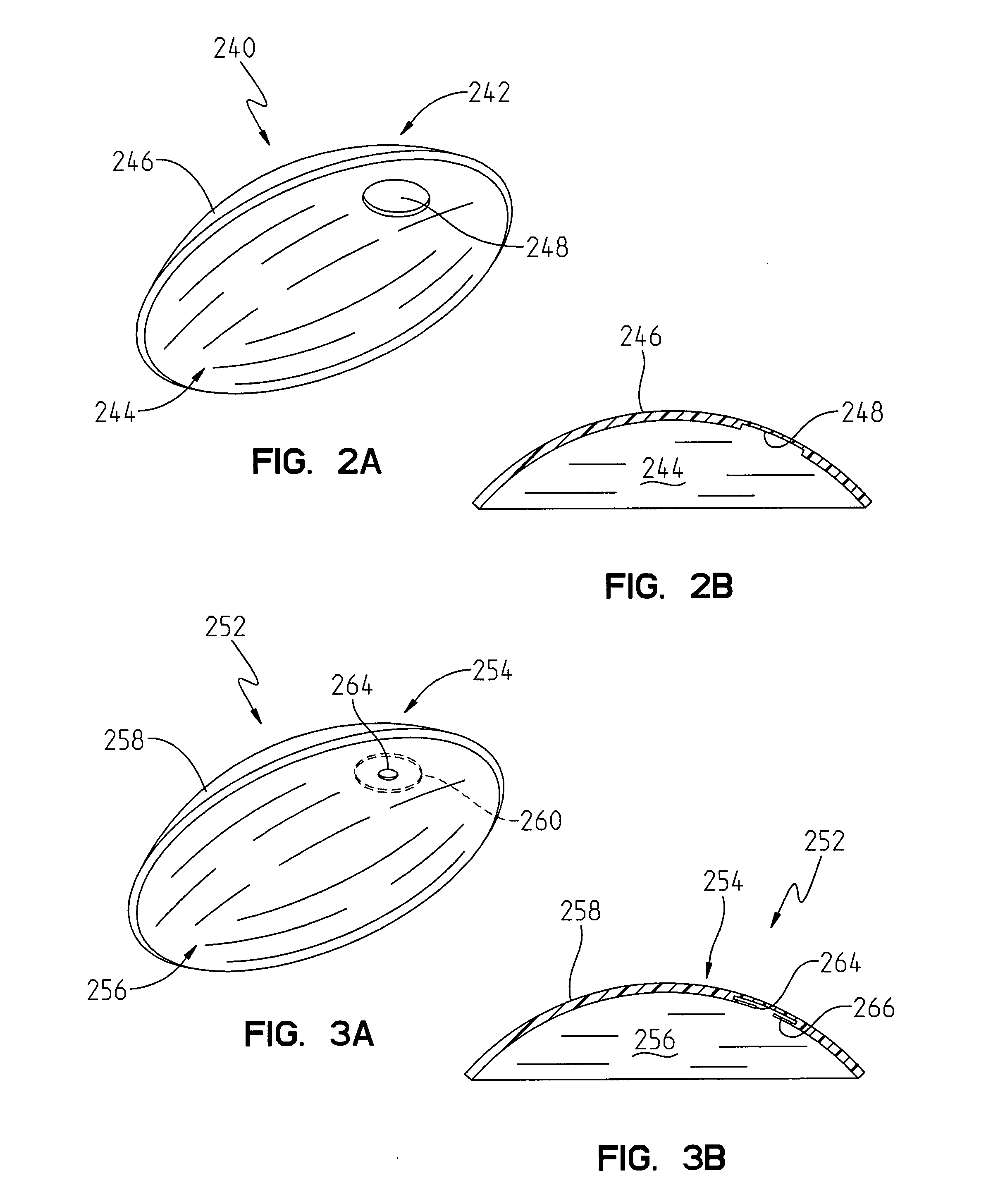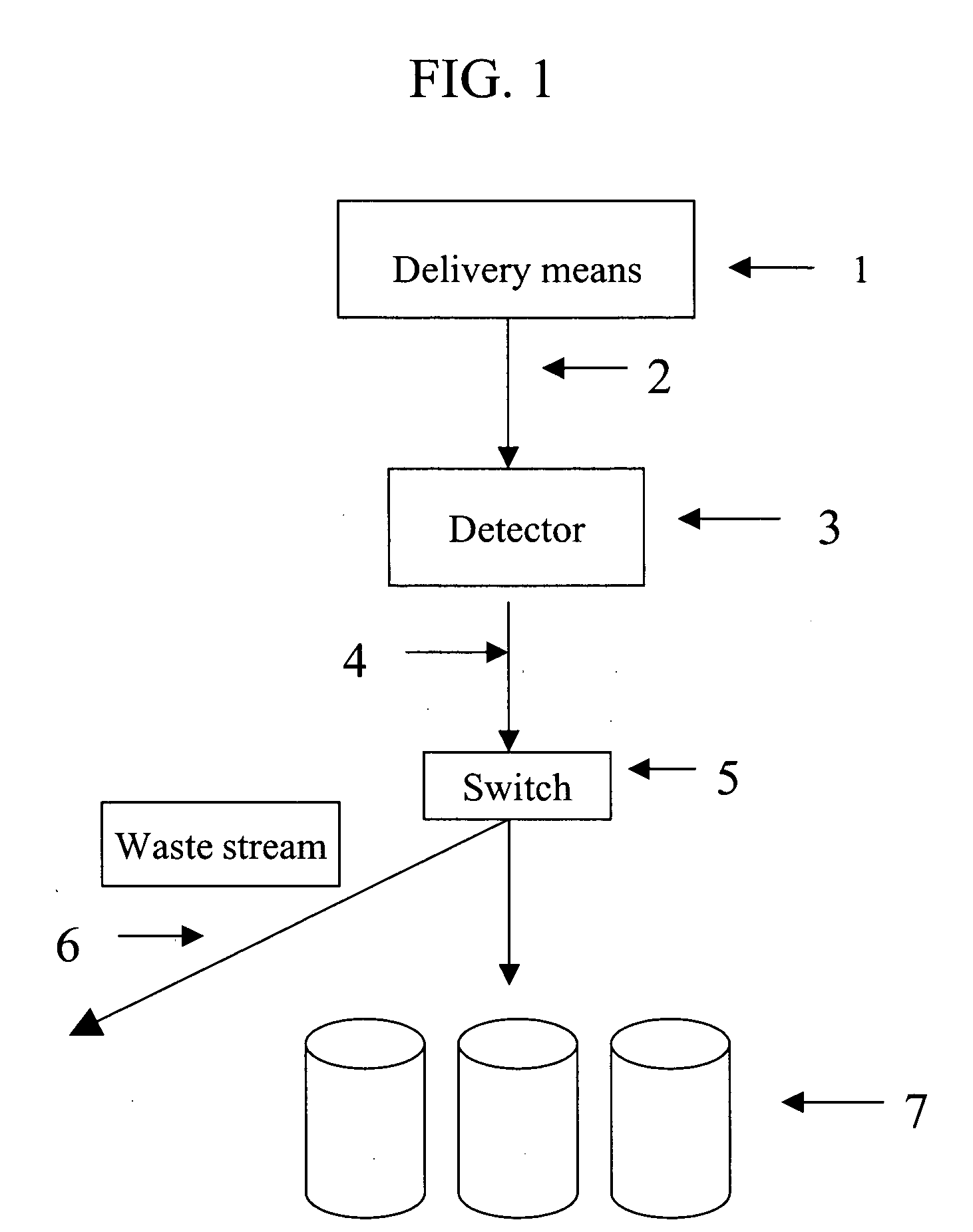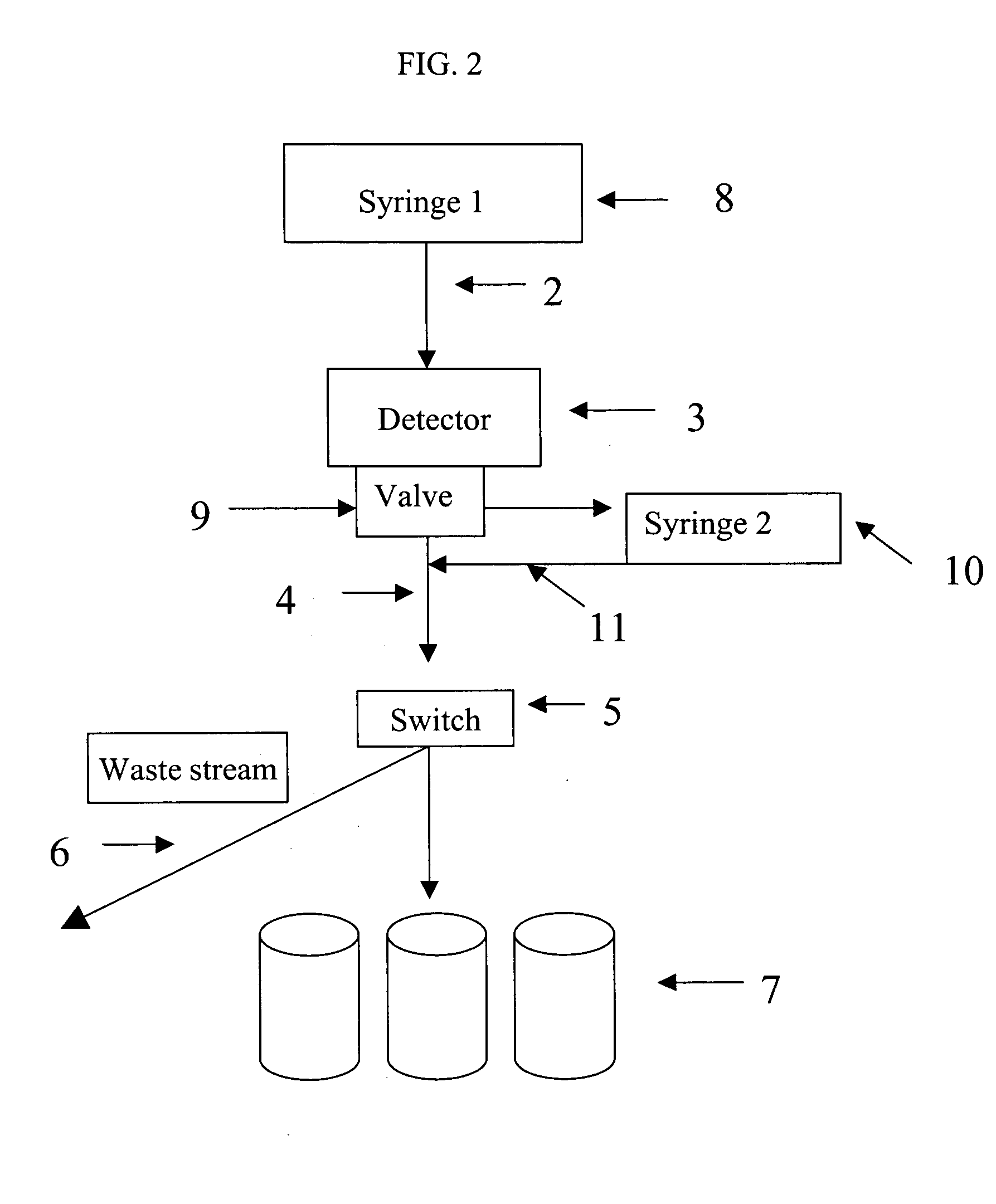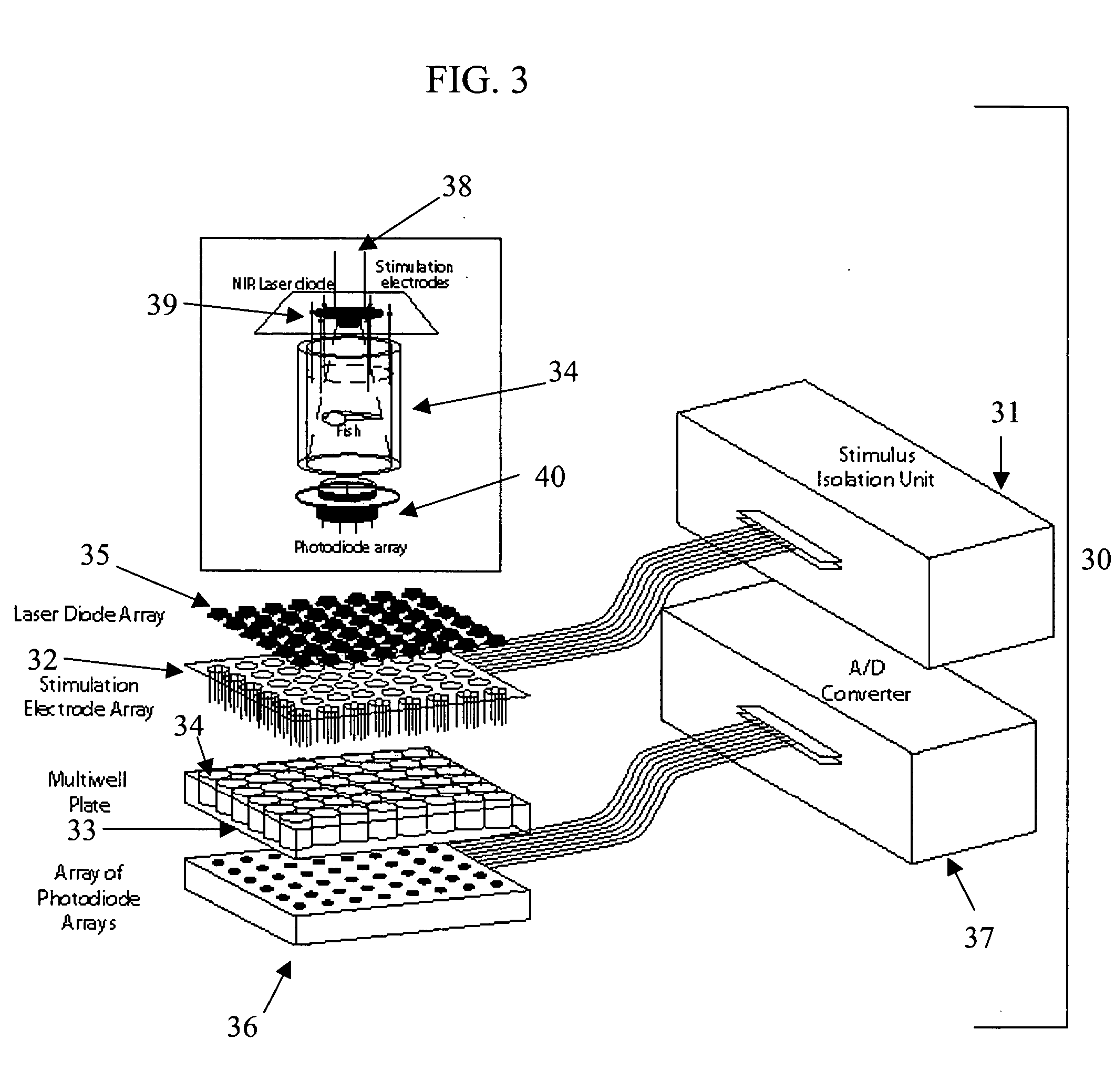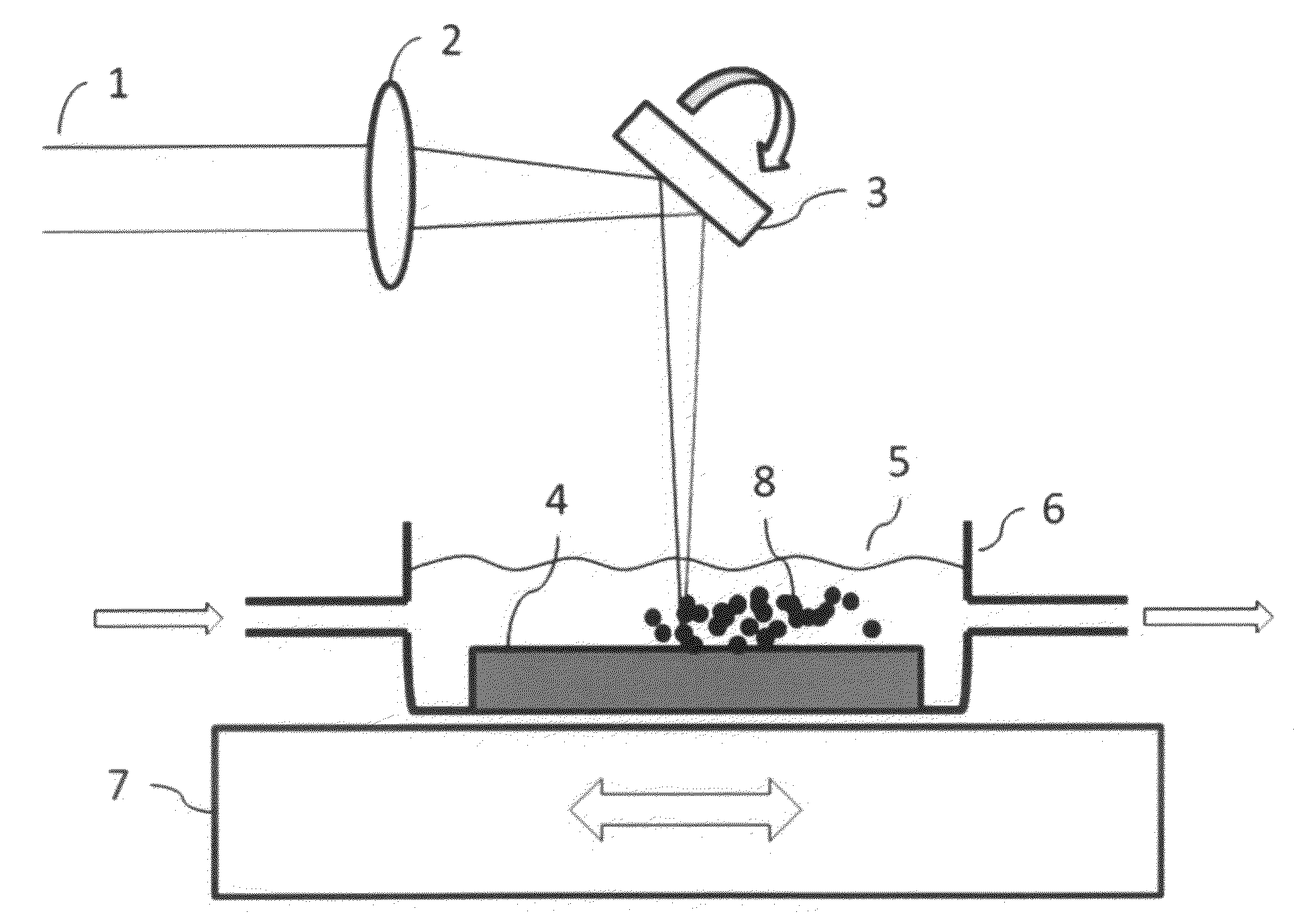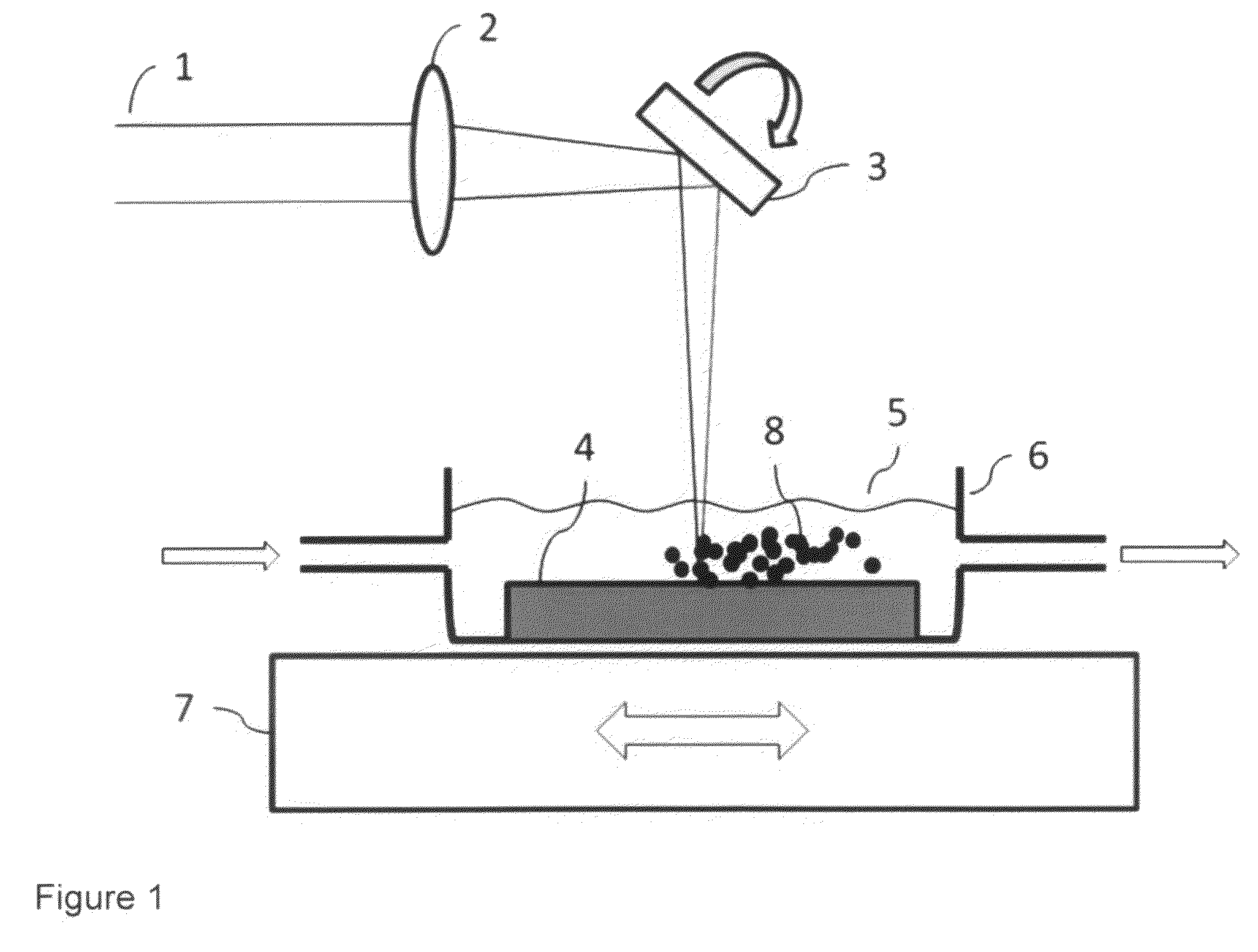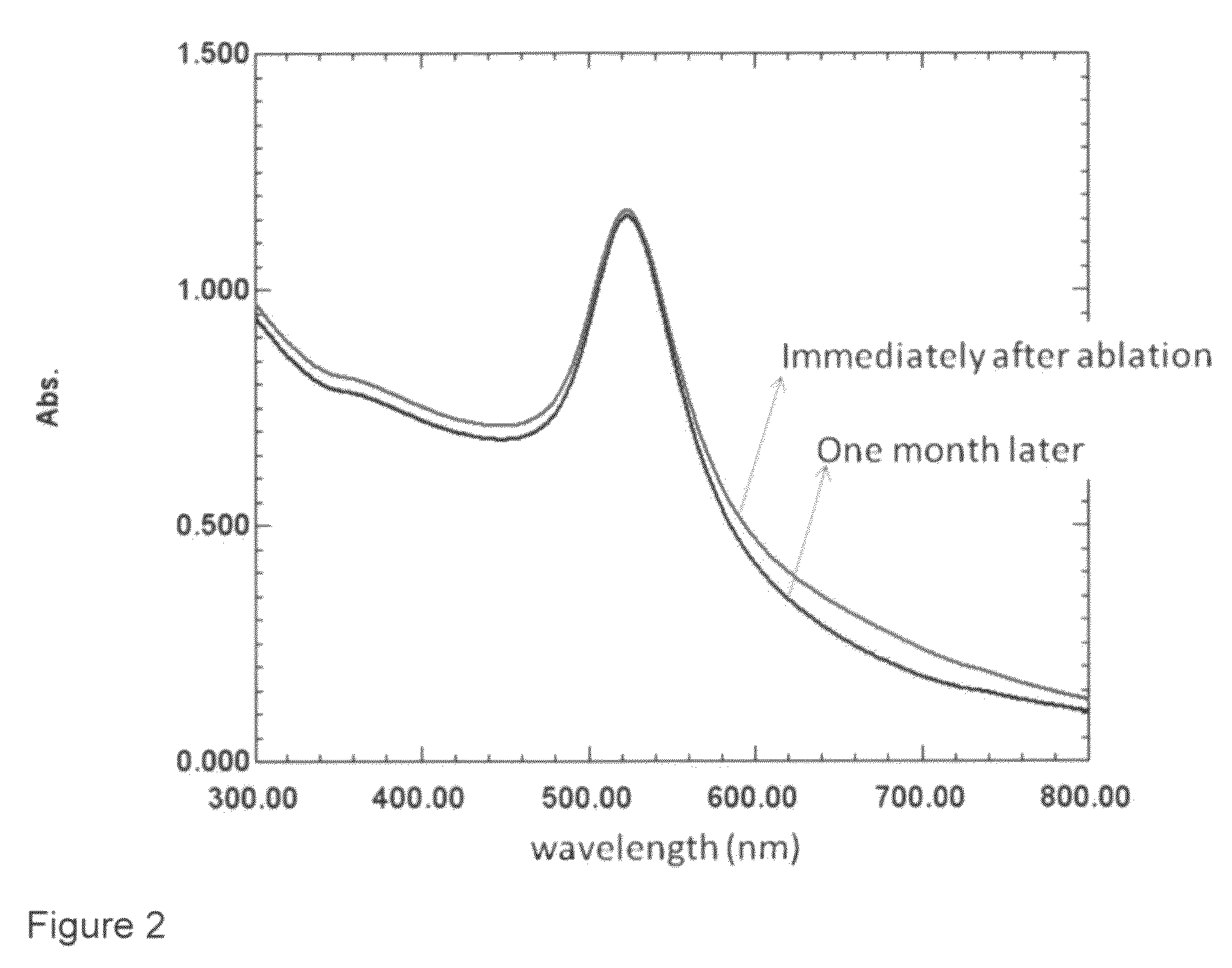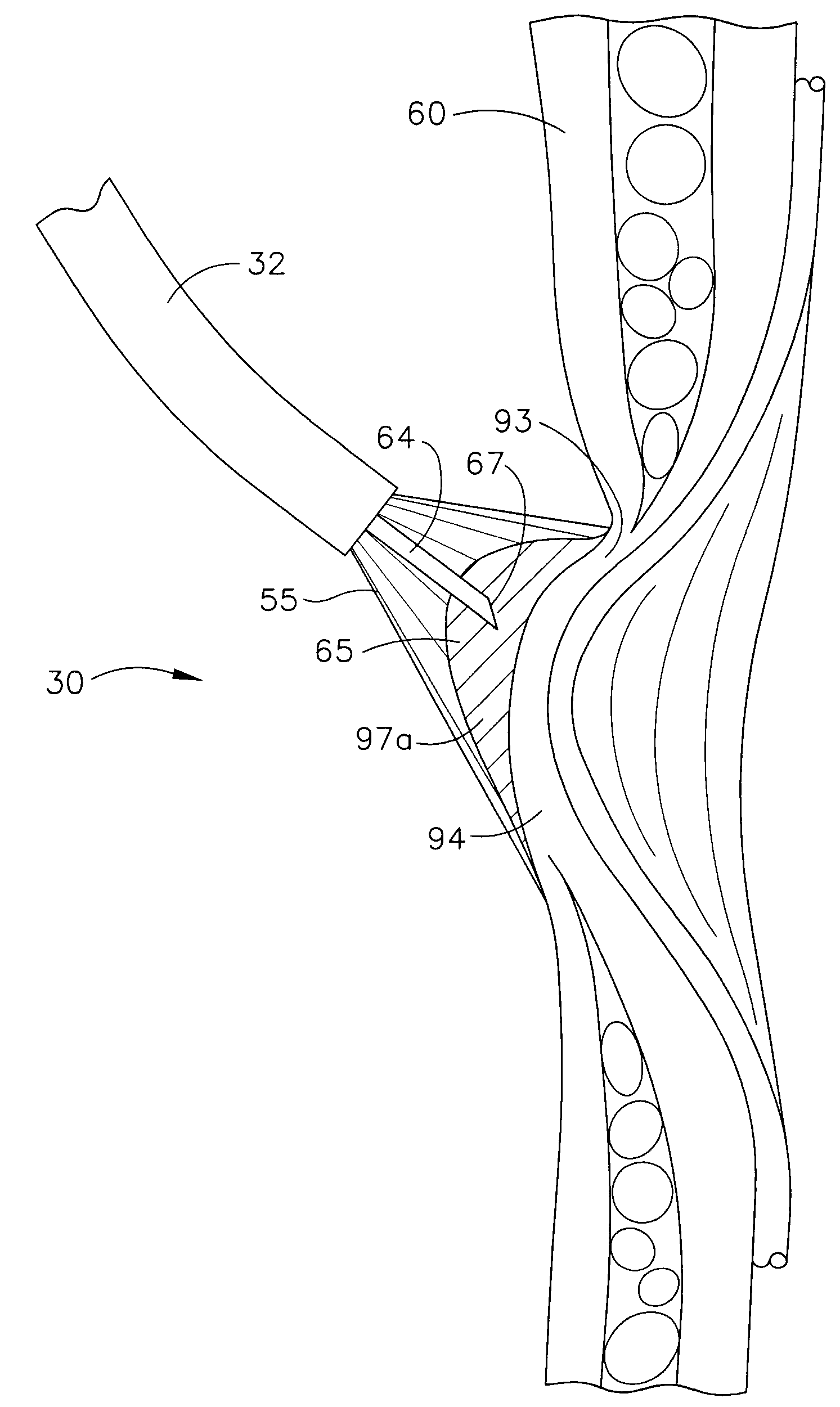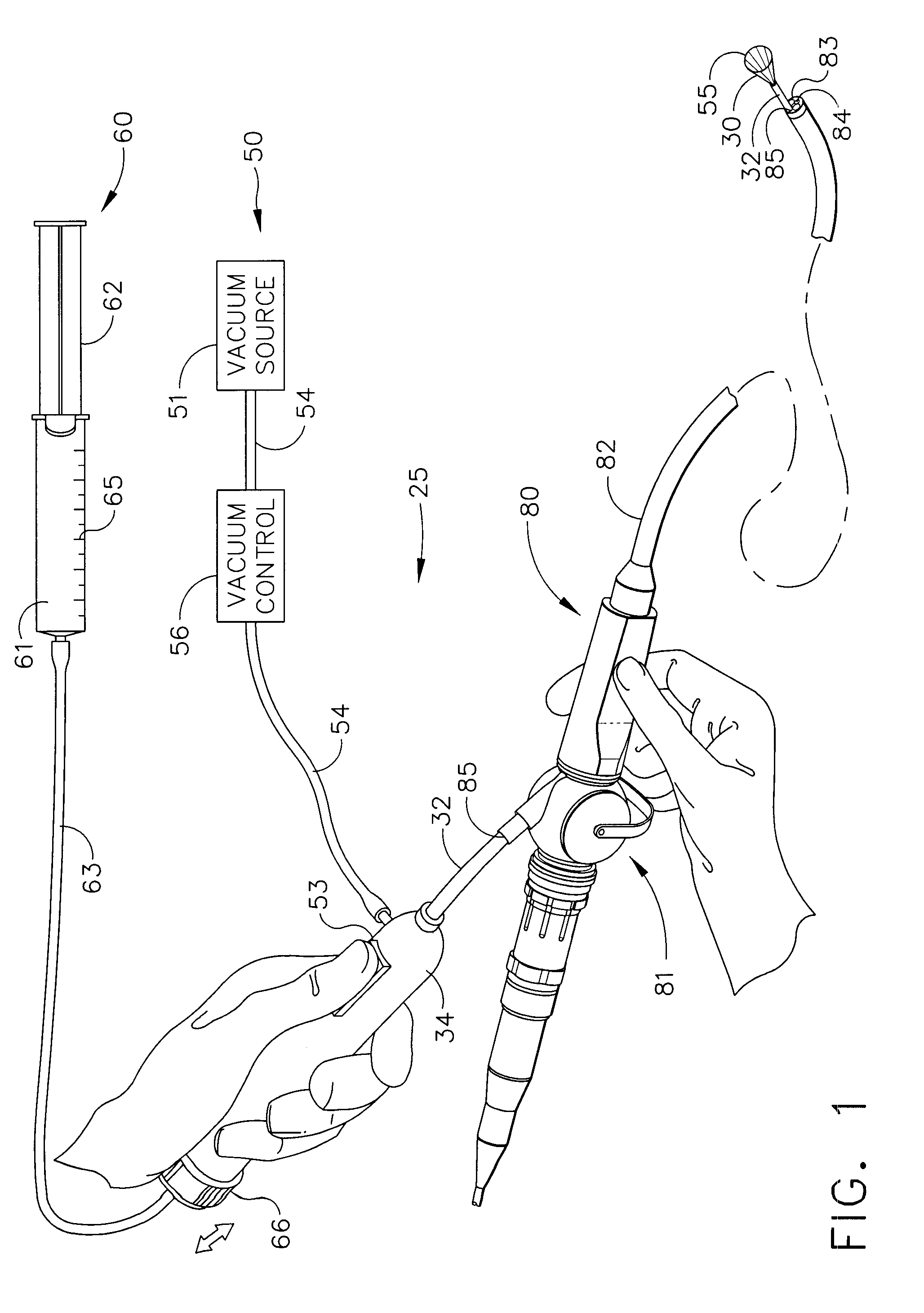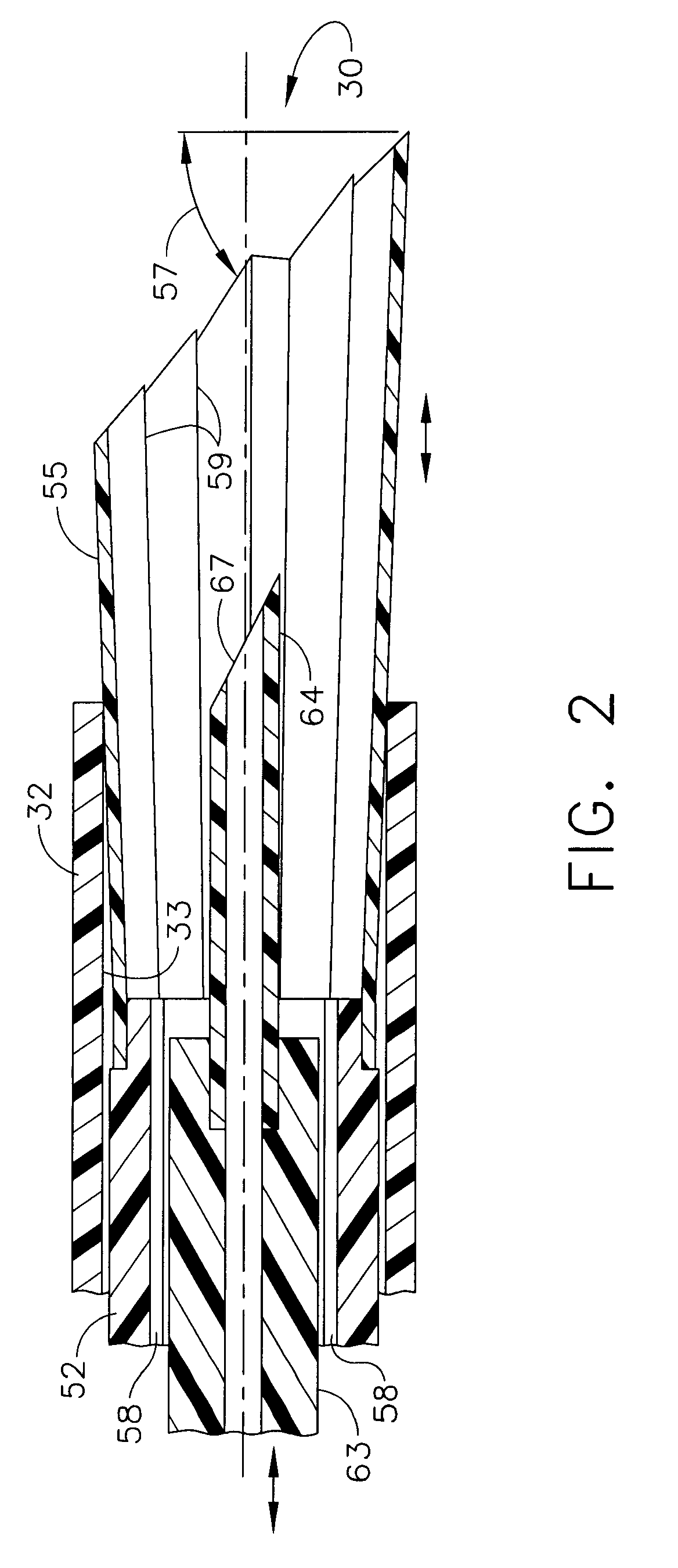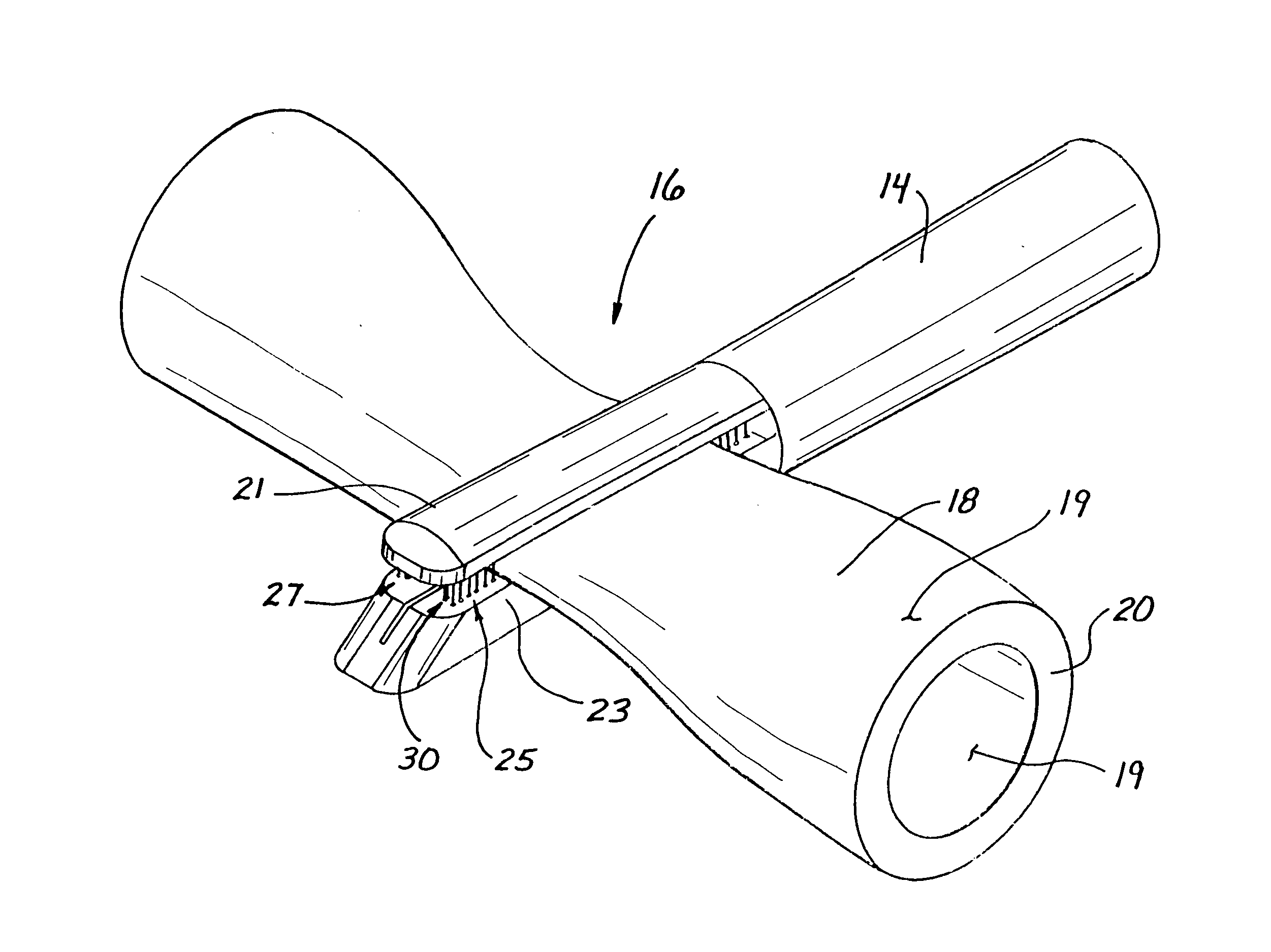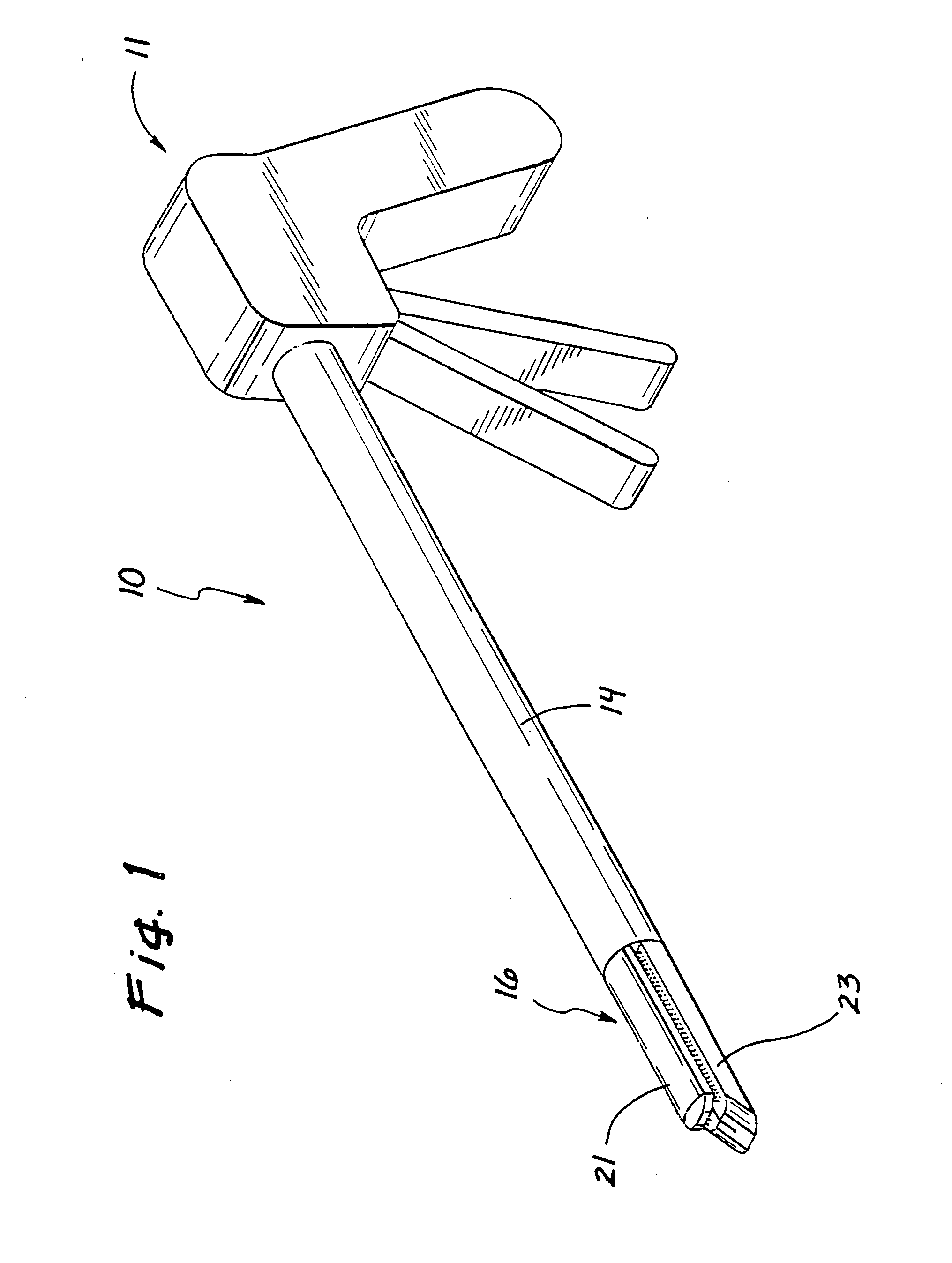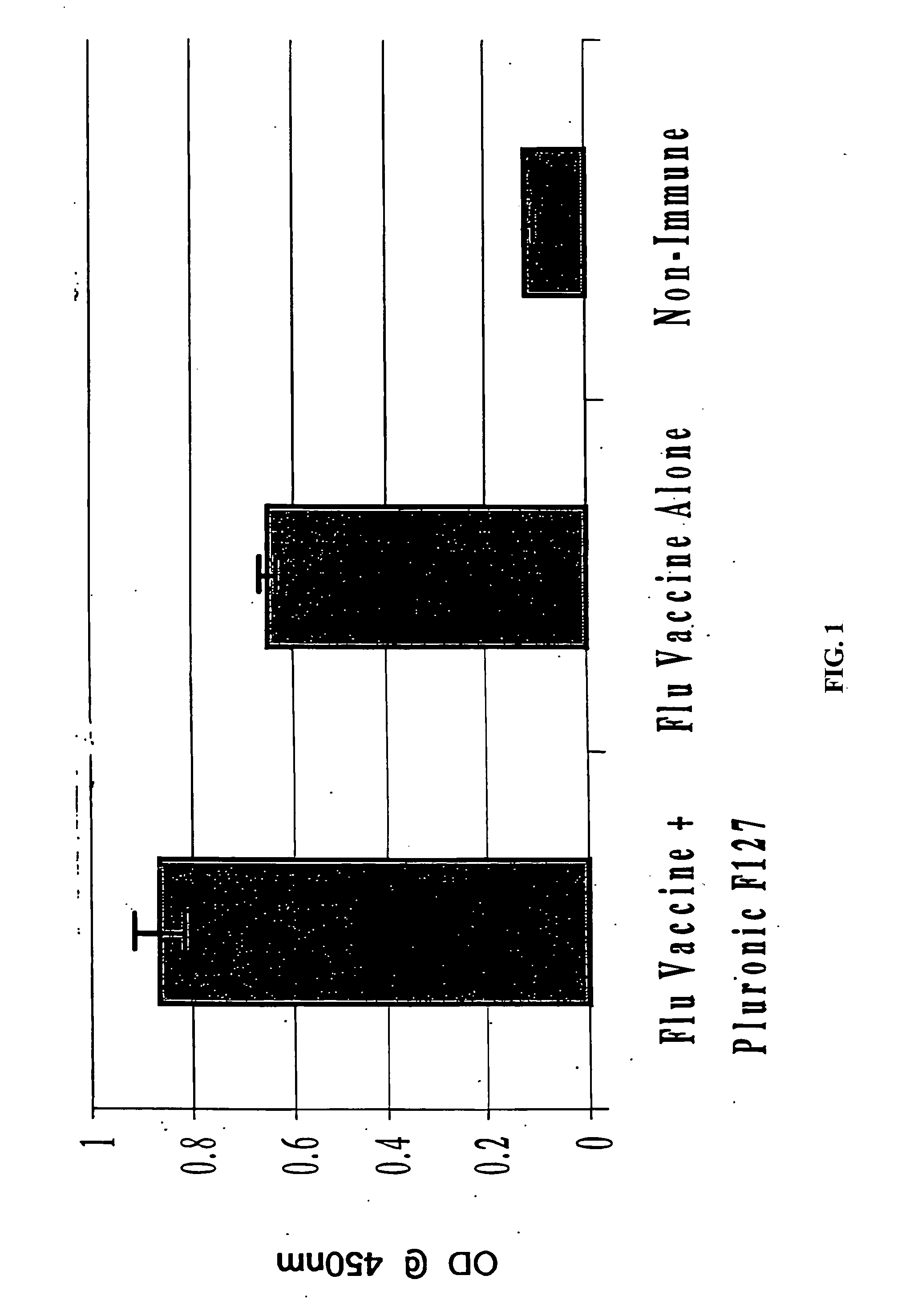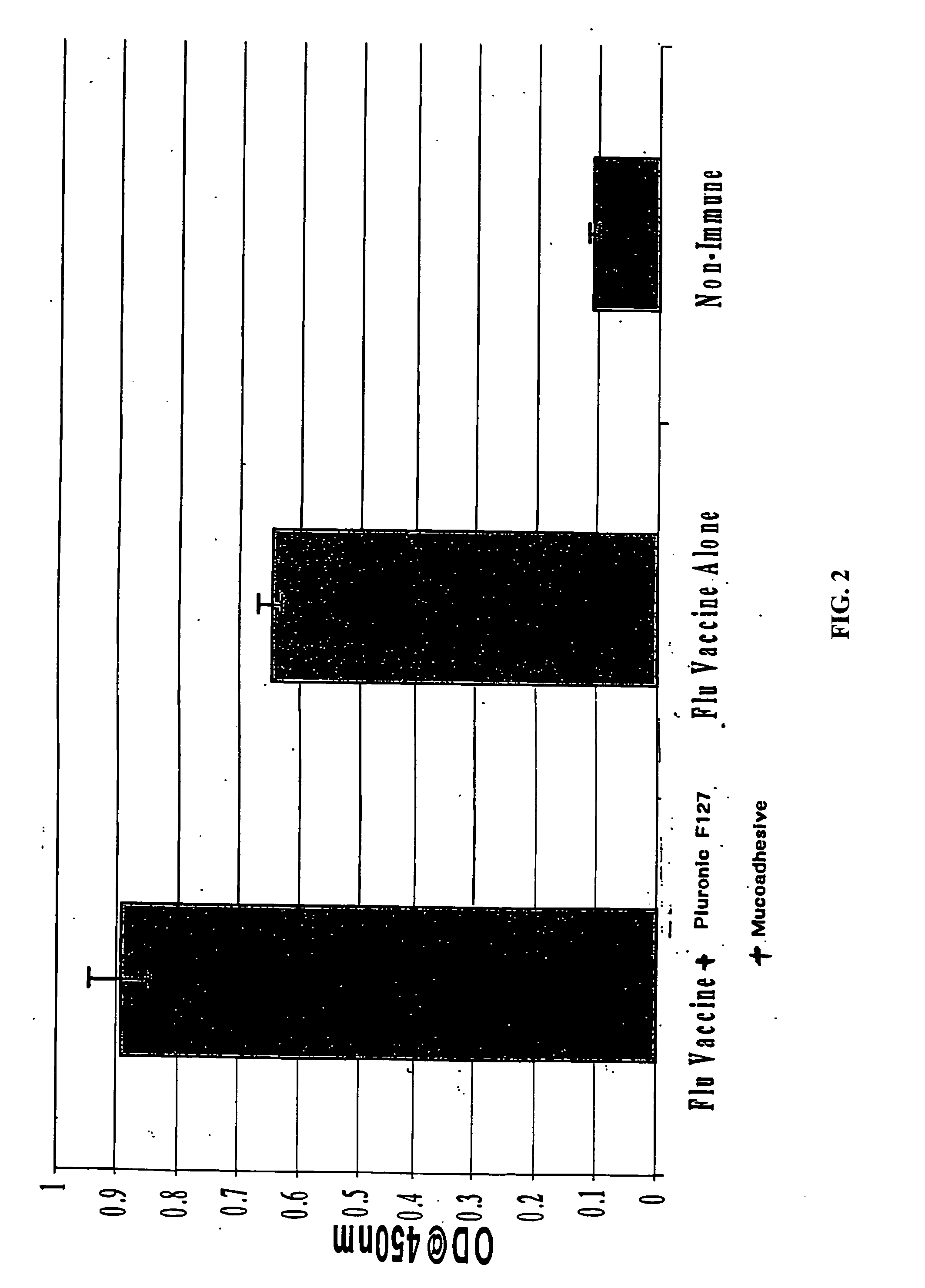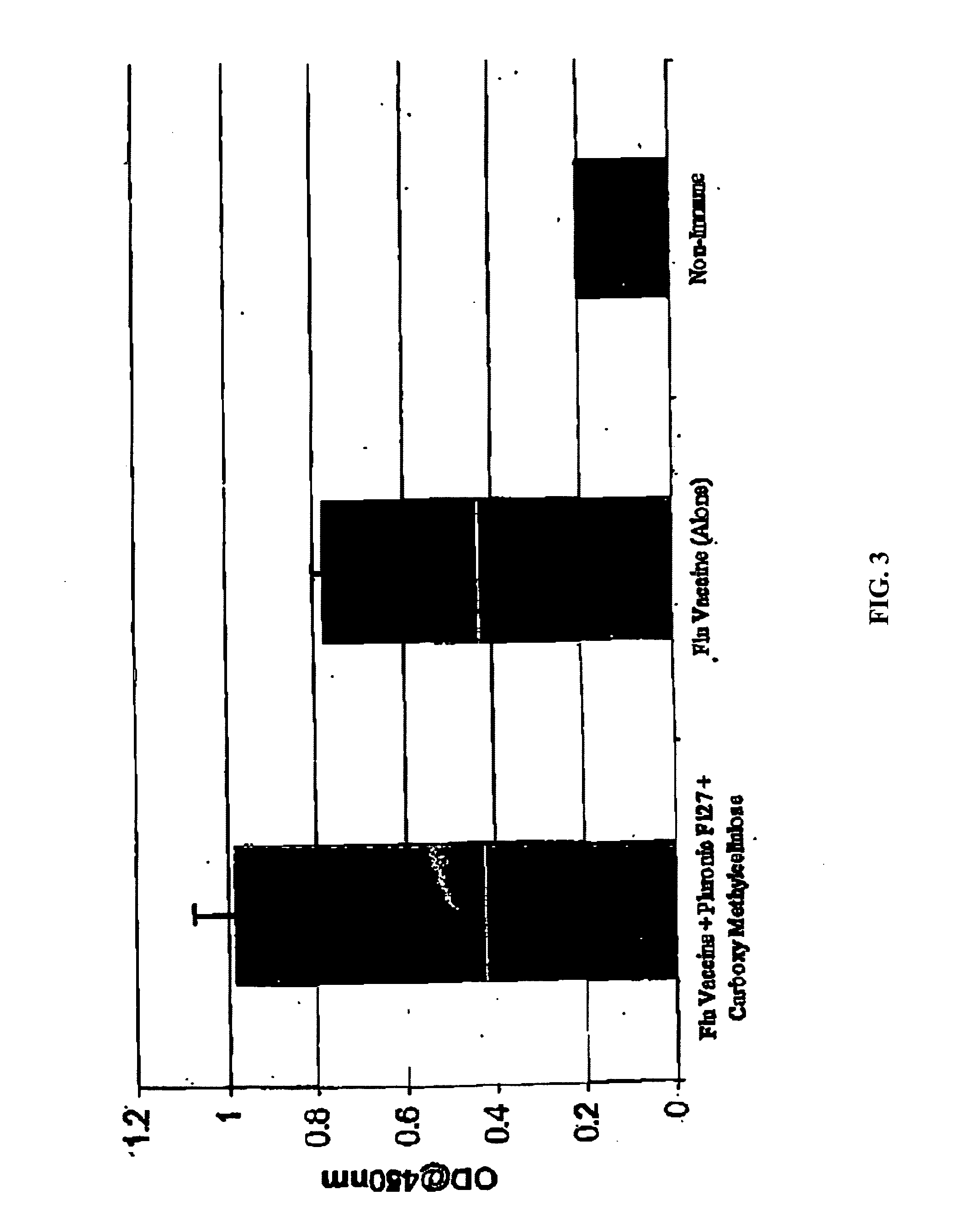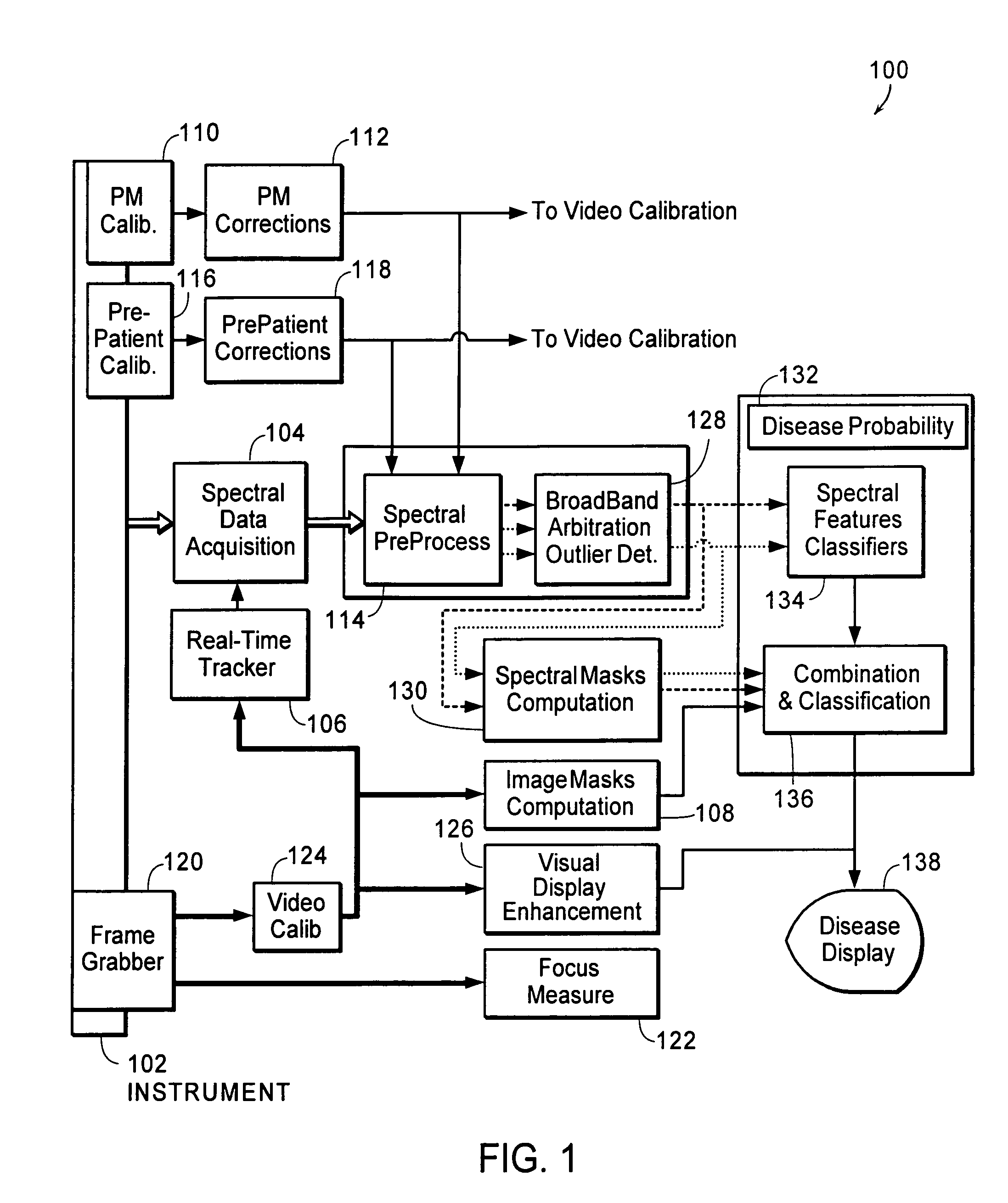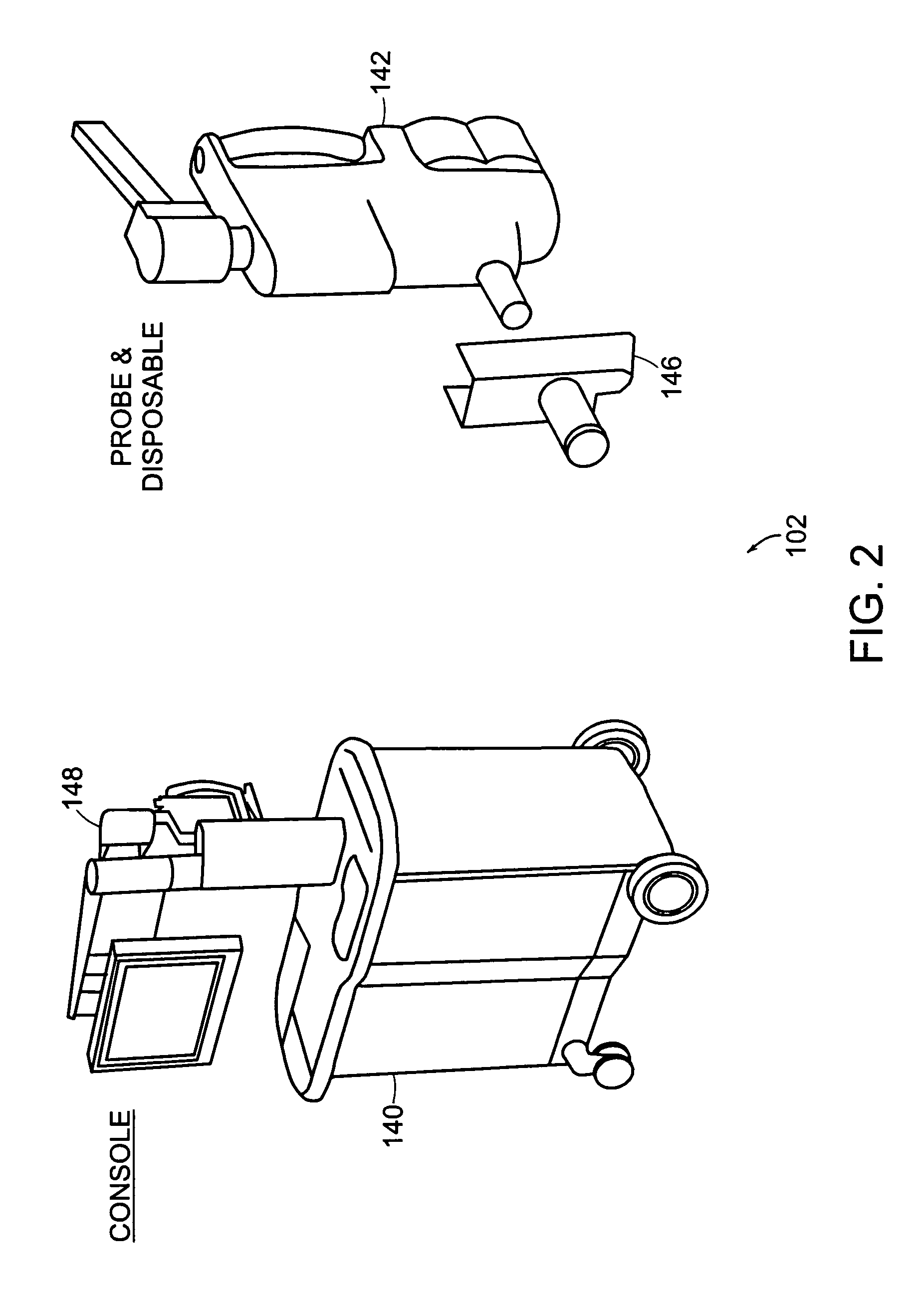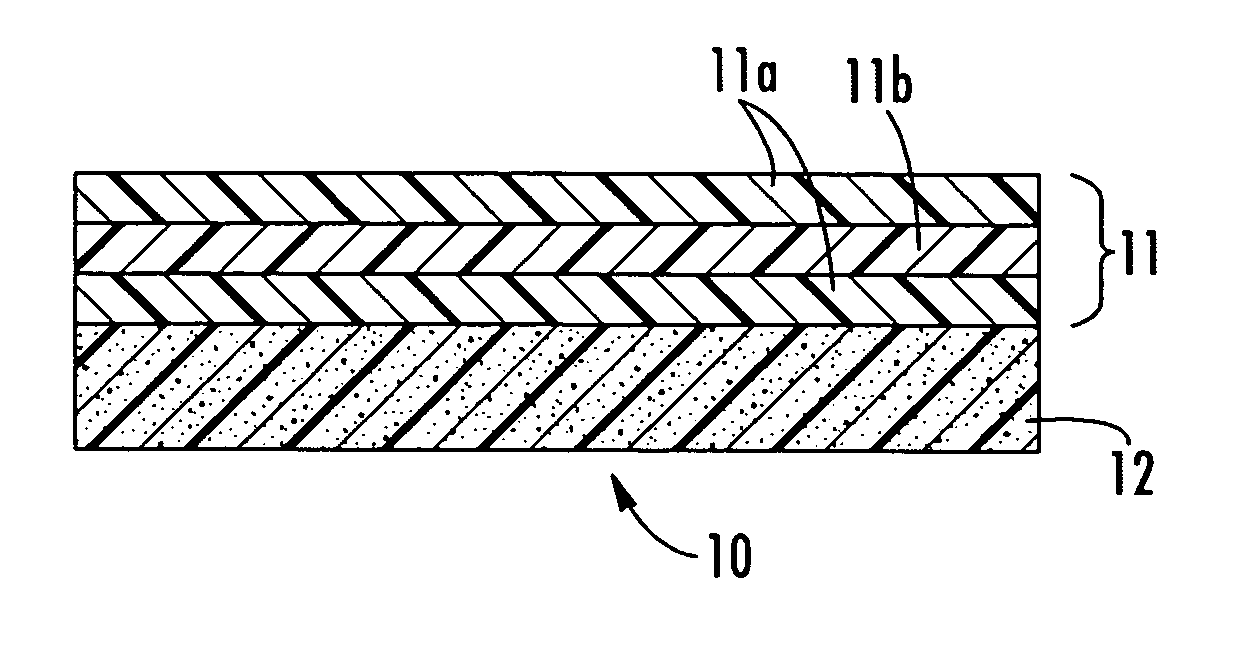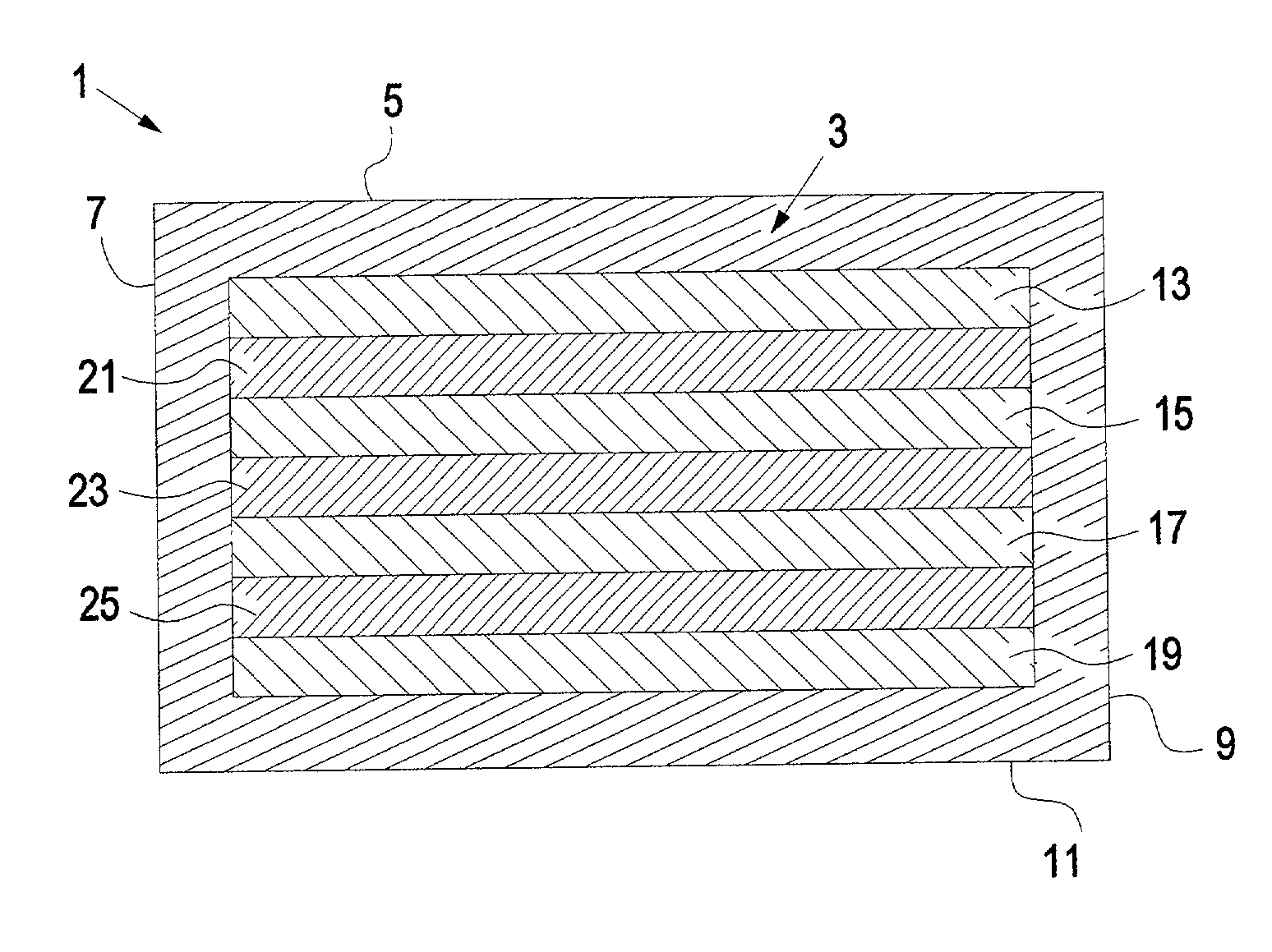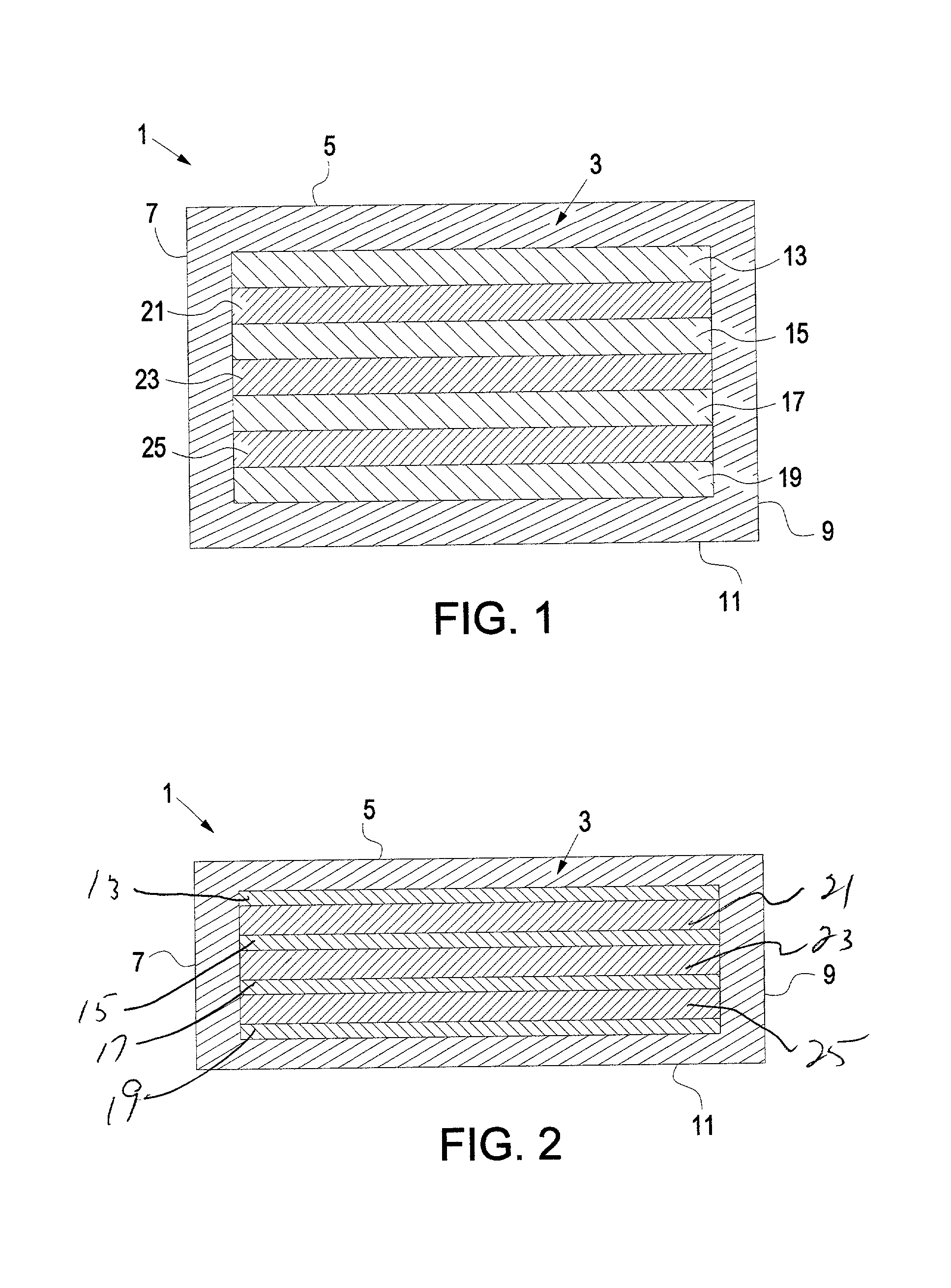Patents
Literature
Hiro is an intelligent assistant for R&D personnel, combined with Patent DNA, to facilitate innovative research.
5617 results about "Chemical agent" patented technology
Efficacy Topic
Property
Owner
Technical Advancement
Application Domain
Technology Topic
Technology Field Word
Patent Country/Region
Patent Type
Patent Status
Application Year
Inventor
Tissue fusion/welder apparatus and method
A tissue welding apparatus is adapted to fuse a first piece of tissue to a second piece of tissue which are disposed in a surface proximate relationship. An elongate shaft carries a first jaw, and a second opposing jaw moveable relative to the first jaw. At least one penetrating member is carried by the first jaw and moveable relative to the second jaw to create a channel through the first piece of material and the second piece of material. A source of heat is coupled to the penetrating member for denaturing the tissue defining the channel. This denatured tissue forms a column binding the first piece of tissue to the second piece of tissue. A chemical agent can be carried to the tissue with the penetrating member.
Owner:APPL MEDICAL RESOURCES CORP
Implants for replacing cartilage, with negatively-charged hydrogel surfaces and flexible matrix reinforcement
ActiveUS9314339B2Strong and durableStrong and secure anchoringFinger jointsWrist jointsFiberChemical agent
A permanent non-resorbable implant allows surgical replacement of cartilage in articulating joints, using a hydrogel material (such as a synthetic polyacrylonitrile polymer) reinforced by a flexible fibrous matrix. Articulating hydrogel surface(s) are chemically treated to provide a negative electrical charge that emulates the negative charge of natural cartilage, and also can be treated with halogenating, cross-linking, or other chemical agents for greater strength. For meniscal-type implants, the reinforcing matrix can extend out from the peripheral rim of the hydrogel, to allow secure anchoring to soft tissue such as a joint capsule. For bone-anchored implants, a porous anchoring layer enables tissue ingrowth, and a non-planer perforated layer can provide a supportive interface between the hard anchoring material and the softer hydrogel material.
Owner:FORMAE
Air actinism chamber apparatus and method
An apparatus and method for ultraviolet irradiation of air for the purpose of removing contaminants from that air is disclosed. A U-shaped ultraviolet bulb enshrouded within a quartz tube provides enhanced contaminant destruction characteristics. By combining a plurality of those bulbs in a chamber that is of polished aluminum, and further combining aluminum filters therewith, added irradiation enhancement is achieved. Further provided are baffles or baffling proximate the ultraviolet bulbs that cause the air to go turbulent thus drawing the air closer to the ultraviolet bulb and further enhancing the contaminant destruction characteristics. Moreover disclosed is treatment of substrates with a chemical agent that facilitates the arrest of contaminants from the air onto the substrate for further irradiation of the contaminants from the bulbs. This further irradiation breaks down the arrested contaminants thus providing the substrate with a self-cleansing effect.
Owner:PHASYC
Method and apparatus for treating meibomian gland dysfunction
A method and apparatus for treating gland dysfunction caused by gland obstruction in order to restore the natural flow of secretion from the gland comprises the application of a combination of energy, suction, vibration, heat, aspiration, chemical agents and pharmacological agents to loosen and thereafter remove the obstructive material'.
Owner:TEARSCIENCE INC
Derivatives of fluorene, anthracene, xanthene, dibenzosuberone and acridine and uses thereof
Owner:ALLERGAN SALES LLC
Polymeric composite including nanoparticle filler
InactiveUS20070106006A1Increase potential environmental impactReduce load levelHalloysiteNanoparticle
Disclosed is a novel polymeric composite including a nanoparticle filler and method for the production thereof. More particularly, the present invention provides a novel halloysite nanoparticle filler which has the generally cylindrical or tubular (e.g. rolled scroll-like shape), in which the mean outer diameter of the filler particle is typically less than about 500 nm. The filler is effectively employed in a polymer composite in which the advantages of the tubular nanoparticle filler are provided (e.g., reinforcement, flame retardant, chemical agent elution, etc.) with improved or equivalent mechanical performance of the composite (e.g., strength and ductility).
Owner:NATURALNANO CORP
Topical formulations and delivery systems
InactiveUS7060253B1Improves effervescenceGood removal effectBiocideAerosol deliveryFoaming agentActive agent
A system for delivering a chemical agent in the form of a spray or foam, which in a preferred embodiment involves the use of an aerosol dispenser to deliver a formulation containing both an anionic surface active agent such as sodium lauryl sulfate as a foaming agent and a chemical agent such as either hydrogen peroxide as a disinfecting chemical agent or natural sea water.
Owner:PHYLOMED CORP
Contact lens materials, designs, substances, and methods
InactiveUS7878650B2Improve performanceReduce the possibilityOptical partsPerformance enhancementReduced size
A contact lens is provided that is capable of being worn by a user. The lens includes a contact lens body having an eye-engaging surface placeable against a surface of an eye and an outer surface. Microphobic features are provided in the lens for eliminating microbes from the eye-engaging surface. Preferably, these microphobic features are chosen from a group consisting of electrical charge inducing agents, magnetic field inducing agents, chemical agents and textural features. In another embodiment of the present invention, a contact lens is provided that can include a reservoir portion capable of holding a performance enhancement agent for enhancing the performance of the lens. The performance enhancement agent can include such thins as sealant solutions, protective agents, therapeutic agents, anti-microbial agents, medications and reduced size transparent portions. In other embodiments, a wide variety of designs, materials and substances are disclosed for use with contact lenses.
Owner:DOMESTIC ASSET LLP
Aircraft and passenger decontamination system
InactiveUS20050074359A1Reduced activityLavatory sanitoryGaseous substancesJet aeroplaneChemical agent
An integrated system for decontaminating an aircraft, its passengers, and items transported in the aircraft in the event of a known or suspected contamination of the aircraft by a pathogenic biological or chemical agent includes several mobile decontamination systems. A first decontamination vehicle (32) sprays a chemical decontaminant solution over an exterior of the aircraft. A mobile passenger recovery and treatment assembly (36) recovers passengers from the aircraft and decontaminates them with a human decontaminant solution. The assembly prevents escape of pathogenic agents into the surrounding environment. Luggage and other items are removed from the aircraft to a separate vehicle for decontamination or disposal. The aircraft interior (100) is then decontaminated with a gaseous decontaminant, such as hydrogen peroxide vapor delivered by a mobile generator (142).
Owner:STERIS CORP
Sensor for chemical and biological materials
InactiveUS6730212B1Good choiceSolve the high false alarm rateImmobilised enzymesBioreactor/fermenter combinationsEngineeringChemical agent
A sensor and method for detecting biological and chemical agents comprising metal interdigitized electrodes coated with hybrid polymer-based conducting film and an instrument for applying electrical voltage to the electrodes and registering the change in voltage. The hybrid film also comprises indicator biomolecules encapsulated within the film or attached to it. When these indicator biomolecules come in a contact with a biological and chemical agent, morphological changes occur in the film and electrical current flowing through the electrodes is modulated. The change in current indicates the presence of a biological and chemical agent and is registered.
Owner:HRL LAB
Fibrous materials exhibiting thermal change during use
InactiveUS20050136765A1Exothermal chemical reaction heat productionSynthetic resin layered productsFiberThermal variation
Fibrous sheet materials, such as are useful as facial tissue, bath tissue and paper towels, for example, are provided with chemical agents, such as certain salts, which create a temperature change in the sheet when exposed to a particular stimulant, such as water, for example. These materials can provide a soothing feel to the user, either in the form of cooling or heating, depending upon the particular chemistry involved.
Owner:KIMBERLY-CLARK WORLDWIDE INC
Exploitation method for wax precipitation oil reservoir
ActiveCN101839123AEfficient miningSolve the problem of wax analysisFluid removalDrilling compositionEconomic benefitsChemical agent
The invention discloses an exploitation method for a wax precipitation oil reservoir. The method comprises the step of adding a chemical agent and thermal fluid into an oil layer to make crude oil in the oil layer smoothly seep into an oil well and then rise to the ground surface. The method has the advantages of effectively solving the problem of wax precipitation of the crude oil in the oil layer and exploiting the wax precipitation oil reservoir, greatly reducing the exploitation cost of the wax precipitation oil reservoir, prolonging the production period and increasing the yield of the oil well and enhancing the final recovery efficiency of the oil reservoir, along with easy implementation, safety and reliability and obvious economic benefit.
Owner:盘锦河升大地石油科技有限公司
Method and system for characterization and mapping of tissue lesions
InactiveUS20050090751A1Evaluation of the accuracy in selectingGood choiceBronchoscopesLaryngoscopesSpectral bandsNon invasive
The present invention provides a method and an apparatus for the in vivo, non-invasive, early detection of alterations and mapping of the grade of these alterations, caused in the biochemical and / or in the functional characteristics of epithelial tissues during the development of tissue atypias, dysplasias, neoplasias and cancers. The method is based, at least in part, on the simultaneous measurement of the spatial, temporal and spectral alterations in the characteristics of the light that is re-emitted from the tissue under examination, as a result of a combined tissue excitation with light and special chemical agents. The topical or systematic administration of these agents result in an evanescent contrast enhancement between normal and abnormal areas of tissue. The apparatus enables the capturing of temporally successive imaging in one or more spectral bands simultaneously. Based on the measured data, the characteristic curves that express the agent-tissue interaction kinetics, as well as numerical parameters derived from these data, are determined in any spatial point of the examined area. Mapping and characterization of the lesion, are based on these parameters.
Owner:KREOS CAPITAL V UK LTD
Desulfurization waste water recycling and zero discharge system and method
InactiveCN103979729ALimit concentrationEfficient separationMultistage water/sewage treatmentWater dischargeWastewater
The invention relates to a desulfurization waste water recycling and zero discharge system and method. The desulfurization waste water recycling and zero discharge system comprises a desulfurization tower, a filter and a nanofiltration device which are sequentially connected, wherein a scale inhibitor dosing device is arranged at the inlet of the nanofiltration device, the concentrated water outlet of the nanofiltration device is connected with the desulfurization tower, the fresh water outlet of the nanofiltration device is connected with a saline water concentrating device, the fresh water outlet of the saline water concentrating device is connected with a fresh water tank, the concentrated water outlet of the salt water concentrating device is connected with a crystallizer, and the condensed water outlet of the crystallizer is connected with the fresh water tank; a drying encapsulating machine is arranged at the solid outlet of the crystallizer. The desulfurization waste water recycling and zero discharge system has the advantages that desulfurization waste water discharged from the desulfurization tower is filtered and then is fed into the nanofiltration device, nanofiltration concentrated water returns to the desulfurization tower, nanofiltration fresh water is treated by virtue of the salt water concentrating device and then is crystallized by virtue of the crystallizer, the obtained fresh water is recycled in the fresh water tank, and salt is separated out, dried into crystallized salt and transported outside after being encapsulated, so that zero discharge of the desulfurization waste water is realized, quality of the recycled fresh water is improved, and a chemical agent and operating cost are saved.
Owner:XIAN TPRI WATER & ENVIRONMENTAL PROTECTION +2
Double resonance interrogation of grating-coupled waveguides
InactiveUS20050070027A1High sensitivityReduce sensitivityScattering properties measurementsImmunoassaysGratingChemical reaction
A method for using a double resonance effect within a grating-coupled waveguide (GCW) sensor, as generated from a light beam with a given span of wavelengths or angles, is provided. The method can be used for label-independent detection of biological and chemical agents, to interrogate biological-binding events or chemical reactions within a sensing region at increased sensitivity, and with decreased sensitivity to environmental perturbations. Also described is an optical interrogation system incorporating the method.
Owner:CORNING INC
Supercritical fluid extraction process for tissue preparation
ActiveUS7008591B2Penetration thoroughlyShort timeSolvent extractionMammal material medical ingredientsPeriprostheticChemical agent
The present invention provides methods for preparing tissue for incorporation into xenografts and bioprosthetic devices. The methods of the invention make use of supercritical fluids to remove infectious materials and chemical agents from tissues, as well as to permeate a tissue with a chemical agent (e.g. tanning, cross-linking, and bioactive agents).
Owner:REGENT OF THE UNIVESITY OF MICHIGAN THE +1
Method and apparatus for treating gland dysfunction
A method and apparatus for treating gland dysfunction caused by gland obstruction in order to restore the natural flow of secretion from the gland comprises the application of a combination of energy, suction, vibration, heat, aspiration, chemical agents and pharmacological agents to loosen and thereafter remove the obstructive material.
Owner:TEARSCIENCE INC
Method and apparatus for treating gland dysfunction employing heated medium
A method and apparatus for treating gland dysfunction caused by gland obstruction in order to restore the natural flow of secretion from the gland comprises the application of a combination of energy, suction, vibration, heat, aspiration, chemical agents and pharmacological agents to loosen and thereafter remove the obstructive material.
Owner:TEARSCIENCE INC
Contact lens materials, designs, substances, and methods
InactiveUS20080002149A1Improve performanceReduce the possibilityOptical partsPerformance enhancementReduced size
A contact lens is provided that is capable of being worn by a user. The lens includes a contact lens body having an eye-engaging surface placeable against a surface of an eye and an outer surface. Microphobic features are provided in the lens for eliminating microbes from the eye-engaging surface. Preferably, these microphobic features are chosen from a group consisting of electrical charge inducing agents, magnetic field inducing agents, chemical agents and textural features. In another embodiment of the present invention, a contact lens is provided that can include a reservoir portion capable of holding a performance enhancement agent for enhancing the performance of the lens. The performance enhancement agent can include such thins as sealant solutions, protective agents, therapeutic agents, anti-microbial agents, medications and reduced size transparent portions. In other embodiments, a wide variety of designs, materials and substances are disclosed for use with contact lenses.
Owner:DOMESTIC ASSET LLP
Method and system for screening compounds for muscular and/or neurological activity in animals
Screening methods and instrumentation for candidate pharmacological agents are applied to discover compounds with muscular and / or neurological activity. The method comprises the use of teleost fish, such as the medaka (Oryzias latipes), which may be stimulated with chemical agents or an electric field to produce, for example, seizure activity and / or convulsive activity. The convulsive behavior may be recorded optically and electrically. Antagonism of the convulsive behavior is produced by application of candidate pharmacological agents to the well containing the fish. The method may include stimulation and antagonism in a plurality of sample wells with a repetitive or simultaneous application of threshold electric fields. The methods and instrumentation can be applied to the study of other serious neurological diseases such as neuropathic pain. In addition the process of assaying the protection of animals to convulsant agents the assay measures pharmacological safety parameters including sedation and cognitive impairment.
Owner:MURPHY RANDALL +1
Production of metal and metal-alloy nanoparticles with high repetition rate ultrafast pulsed laser ablation in liquids
ActiveUS20100196192A1Prevent coagulationFaster throughputMaterial nanotechnologyOther chemical processesUltrashort laserFocal volume
Various embodiments include a method of producing chemically pure and stably dispersed metal and metal-alloy nanoparticle colloids with ultrafast pulsed laser ablation. A method comprises irradiating a metal or metal alloy target submerged in a liquid with ultrashort laser pulses at a high repetition rate, cooling a portion of the liquid that includes an irradiated region, and collecting nanoparticles produced with the laser irradiation and liquid cooling. The method may be implemented with a high repetition rate ultrafast pulsed laser source, an optical system for focusing and moving the pulsed laser beams, a metal or metal alloy target submerged in a liquid, and a liquid circulating system to cool the laser focal volume and collect the nanoparticle products. By controlling various laser parameters, and with optional liquid flow movement, the method provides stable colloids of dispersed metal and metal-alloy nanoparticles. In various embodiments additional stabilizing chemical agents are not required.
Owner:IMRA AMERICA
Controlled release proppant
InactiveUS20120037368A1Effective delivery systemFluid removalDrilling compositionControlled releaseChemical agent
Materials are delivered into oil well reservoirs. Highly sensitive, mechanical, biological and chemical agents can be delivered to subterranean formations with rigid, impermeable capsules. A variety of treatments may be delivered to a subterranean formation.
Owner:CONOCOPHILLIPS CO
Exploitation method of thick oil type oil deposit
InactiveCN101839127AEfficient miningReduce mining costsFluid removalDrilling compositionEconomic benefitsOil type
The invention discloses an exploitation method of a thick oil type oil deposit, which comprises the following steps of: adding a chemical agent and hot fluid into an oil layer, enabling crude oil in the oil layer to be successfully seeped to an oil well and then enabling the crude oil to be raised to the ground from the inside of the oil well. The invention has the following advantages that: the invention can effectively solve the problem of phase precipitation of the asphaltene of the crude oil in the oil layer, can effectively exploit the thick oil type oil deposit, lowers the exploitation cost of the thick oil type oil deposit greatly, prolongs the production period of the oil well, increases the yield of the oil well, enhances the final recovery ratio of the oil deposit and has easy execution, high safety and reliability and obvious economic benefit.
Owner:盘锦河升大地石油科技有限公司
Use of an Adhesive to Treat Intraluminal Bleeding
A surgical device to stanch the flow of blood is disclosed. The surgical device can place an implantable adhesive over or around varices or other bleeders. The surgical device has a vacuum system for capturing tissue and an adhesive system to apply adhesive to the captured tissue. A vacuum chamber is used to contact tissue and contains a chamber therein for the reception of tissue. An adhesive applicator is provided within the vacuum chamber and moves longitudinally therein to apply adhesive to tissue. The surgical device can apply an adhesive patch to tissue or inject adhesive into tissue. Alternately, an adhesive actuator and a chemical agent can be dispensed to tissue within the vacuum chamber.
Owner:ETHICON ENDO SURGERY INC
Tissue fusion/welder apparatus corporation
A tissue welding apparatus is adapted to fuse a first piece of tissue to a second piece of tissue which are disposed in a surface proximate relationship. An elongate shaft carries a first jaw, and a second opposing jaw moveable relative to the first jaw. At least one penetrating member is carried by the first jaw and moveable relative to the second jaw to create a channel through the first piece of material and the second piece of material. A source of heat is coupled to the penetrating member for denaturing the tissue defining the channel. This denatured tissue forms a column binding the first piece of tissue to the second piece of tissue. A chemical agent can be carried to the tissue with the penetrating member.
Owner:APPL MEDICAL RESOURCES CORP
Molecules enhancing dermal delivery of influenza vaccines
InactiveUS20050123550A1Enhances therapeutic efficacy and protective immune responseGood curative effectSsRNA viruses negative-senseOrganic active ingredientsInfluenza vaccineImmunogenicity
The present invention relates to dermal vaccine formulations, designed for targeted delivery of an immunogenic composition to a dermal compartment of skin including the intradermal and epidermal compartments. The dermal vaccine formulations of the invention comprise an antigenic or immunogenic agent, and at least one molecule, e.g., a chemical agent, which enhances the presentation and / or availability of the antigenic or immunogenic agent to the immune cells of the intradermal compartment or epidermal compartment resulting in an enhanced immune response. The dermal vaccine formulations of the invention have enhanced efficacy as the antigenic or immunogenic agent is delivered to the intradermal compartment or epidermal compartment with enhanced presentation and / or availability to the immune cells that reside therein. The enhanced efficacy of the dermal vaccine formulations results in a therapeutically effective immune response after a single intradermal or epidermal dose, with lower doses of antigenic or immunogenic agent than conventionally used, and without the need for booster immunizations.
Owner:BECTON DICKINSON & CO
Biological foliage fertilizer
InactiveCN1631850AHigh in macronutrientsActivate cell tissueOrganic fertilisersFertilizer mixturesMetabolitePotassium
The invention has supplied biological leaf fertilizer, whose characteristics is that it includes chemical agent, biological organic matter, chelating agent, penetrant and microbe fermentation liquor and the solid raw material and mess ratio are: urea50-55%, potassium dihydrogenphosphate20-25%, potassium chloride 7-8%, boric acid0.3-0.5%, boric acid0.2-0.4%, copper sulfate0.1-0.2%, calcium nitrate0.5-1.5%, magnesium sulfate0.2-0.4%, zinc sulfate0.2-0.4%, manganese sulphate0.2-0.3%, ammonium molybdate0.05-0.1%, fulvic acid14-15%, EDTA chelating agent1-2%, AEO-20 penetrant 0.05-0.1%, mix the raw material of the above mix water 160~70deg.C in the ratio of 2:3, after 24 hours, add microbe fermentation liquor into the liquid filtered by 0.5~1mL / kg, then adjust the PH value to 5.0~6.0, finally, obtain the invention. The leaf fertilizer contains lots of macroelements and all kinds of secondary and microelements, and also contains metabolic product of microbe fermentation, beneficial microbe flora,chelating agent, penetrant and growth regulating agent, without poison, smell and side effect, it is safe and reliable, can increase the quantity and quality of agricultural products.
Owner:SHANDONG UNIV OF TECH
Methods and apparatus for evaluating image focus
InactiveUS7469160B2Fast data acquisitionAvoid delayDiagnostics using lightSurgeryDiagnostic programVisual field loss
The invention provides methods of focusing an instrument for the acquisition of optical data from a tissue sample. Methods of the invention allow rapid focusing in the context of a diagnostic procedure in which rapid data acquisition is desirable. For example, inventive methods allow a user to focus an optical instrument quickly enough to obtain data within an optimal window of time following application of a chemical agent to the tissue. In one embodiment, a user focuses an optical instrument by aligning laser spots projected onto a tissue sample within rings that are superimposed at predetermined locations within the user's visual field. Preferred methods of the invention further comprise automatic validation to detect whether the spots are sufficiently well-aligned.
Owner:LUMA IMAGING CORP
Chemically resistant radiation attenuation barrier
ActiveUS7196023B2Protective equipmentSynthetic resin layered productsCountermeasureMarine engineering
A unique and novel multi-functional composite fabric and fabrication process for use during chemical, biological, radiological and nuclear countermeasure (CBRNC) events is disclosed. The composite fabric combines the performance characteristics of chemically resistant films and radiation attenuating polymer matrices. The composite fabric offers universal protection against a wide range of military chemical agents, toxic industrial chemicals and materials (TICS and TIMS), biological agents, as well as certain ionizing and non-ionizing forms of radiation. The composite fabric is heat sealable and can be fabricated utilizing hermetically seal seams, and has application in protective clothing and equipment, indoor and outdoor covers, containment systems, bags, drapes, gowns, remains pouches, etc.
Owner:MERIDIAN RES & DEV
Hydrogel-based prosthetic device for replaceing at least a part of the nucleus of a spinal disc
InactiveUS20030055506A1Prevent surface shrinkageSmall surface areaSpinal implantsTissue regenerationSoft layerWater vapor
The present invention is a prosthetic for replacement of at least a part of the nucleus of a intravertebral disc. The prosthetic device is composed of at least two essentially parallel soft layers of an elastically deformable hydrogel and at least one rigid layer, the rigid layer having less compressibility than the soft layers, being adjacent to the soft layers, parallel to them, and firmly attached to them. In some embodiments, the soft layers have the same thickness and composition. Typically, the prosthesis has more than one rigid layer and these rigid layers have the same thickness and composition. The number of soft layers is usually one more than the number of rigid layers, with, e.g., at least three soft layers. The invention also includes a method of prosthesis production, which involves prefabricating soft and rigid layers; stacking at least two prefabricated soft and at least one prefabricated rigid layer in a parallel fashion into their final form, and, permitting the layers to firmly connect to one another by mutual interaction. In this method, at least one type of the layers is prefabricated in the dehydrated state, which is done by dehydrating stretched foil in an apparatus preventing its contraction and thereby decreasing its area. There is at least partial dehydration of the prosthesis under pressure applied in a direction tangent to the planes of the layers. In preferred embodiments, while in the state of almost full dehydration, is sterilized using ionizing radiation or a gaseous chemical agent, after which it is partially rehydrated within the sterile wrapper using water vapor.
Owner:REPLICATION MEDICAL
Features
- R&D
- Intellectual Property
- Life Sciences
- Materials
- Tech Scout
Why Patsnap Eureka
- Unparalleled Data Quality
- Higher Quality Content
- 60% Fewer Hallucinations
Social media
Patsnap Eureka Blog
Learn More Browse by: Latest US Patents, China's latest patents, Technical Efficacy Thesaurus, Application Domain, Technology Topic, Popular Technical Reports.
© 2025 PatSnap. All rights reserved.Legal|Privacy policy|Modern Slavery Act Transparency Statement|Sitemap|About US| Contact US: help@patsnap.com

